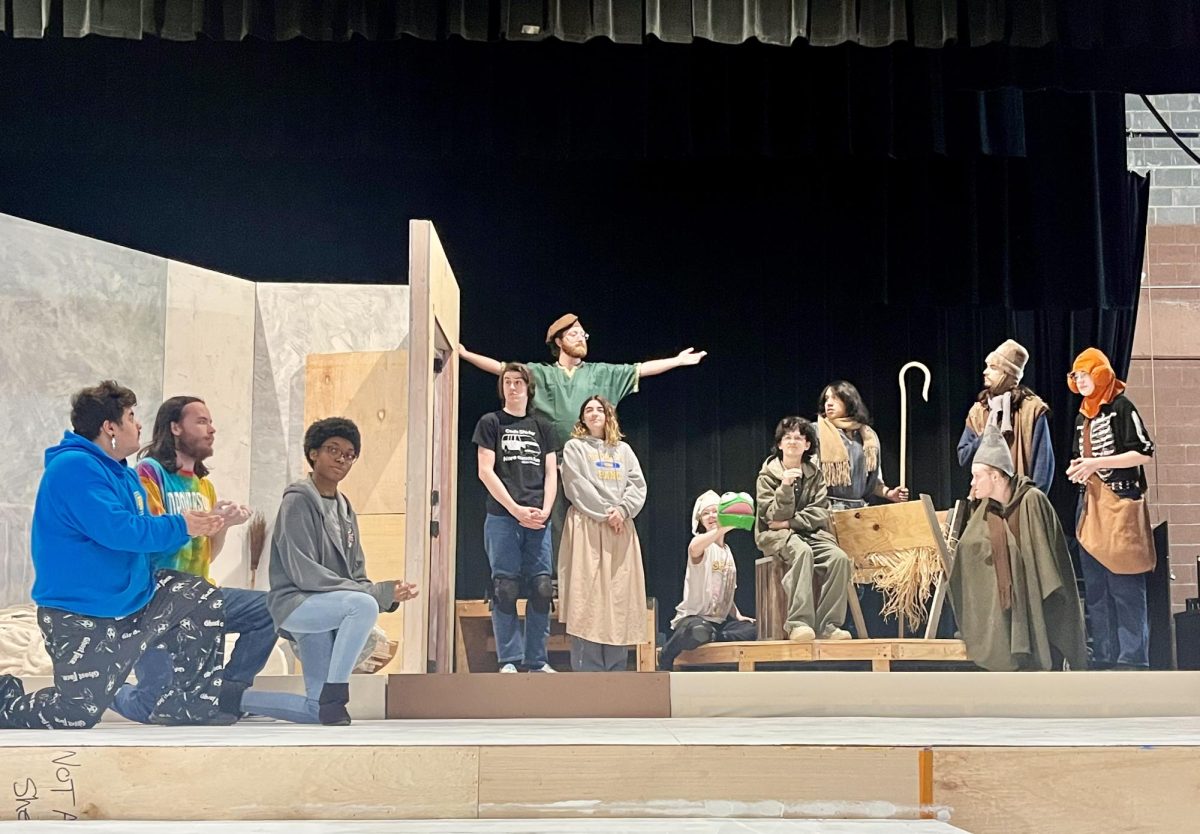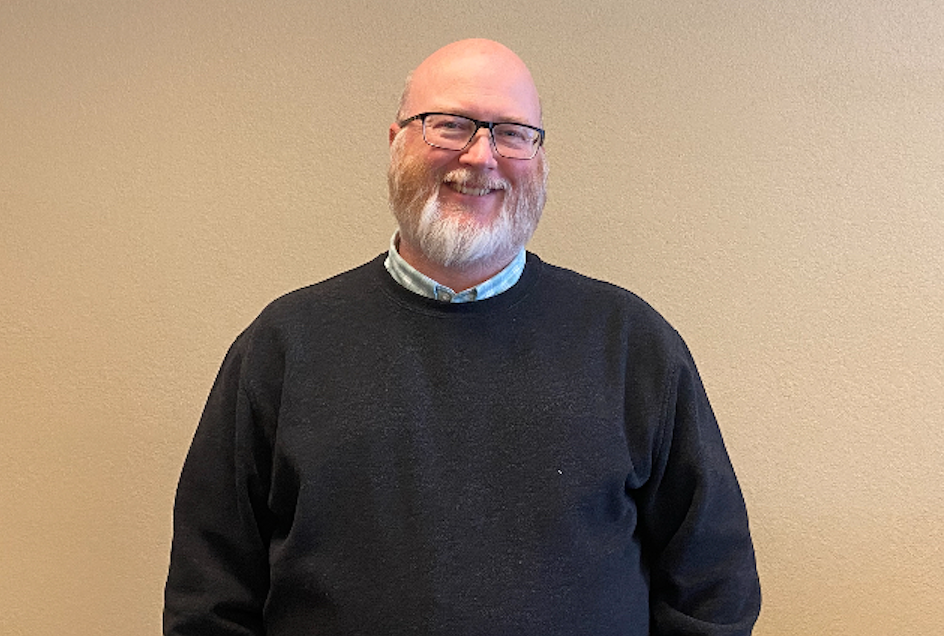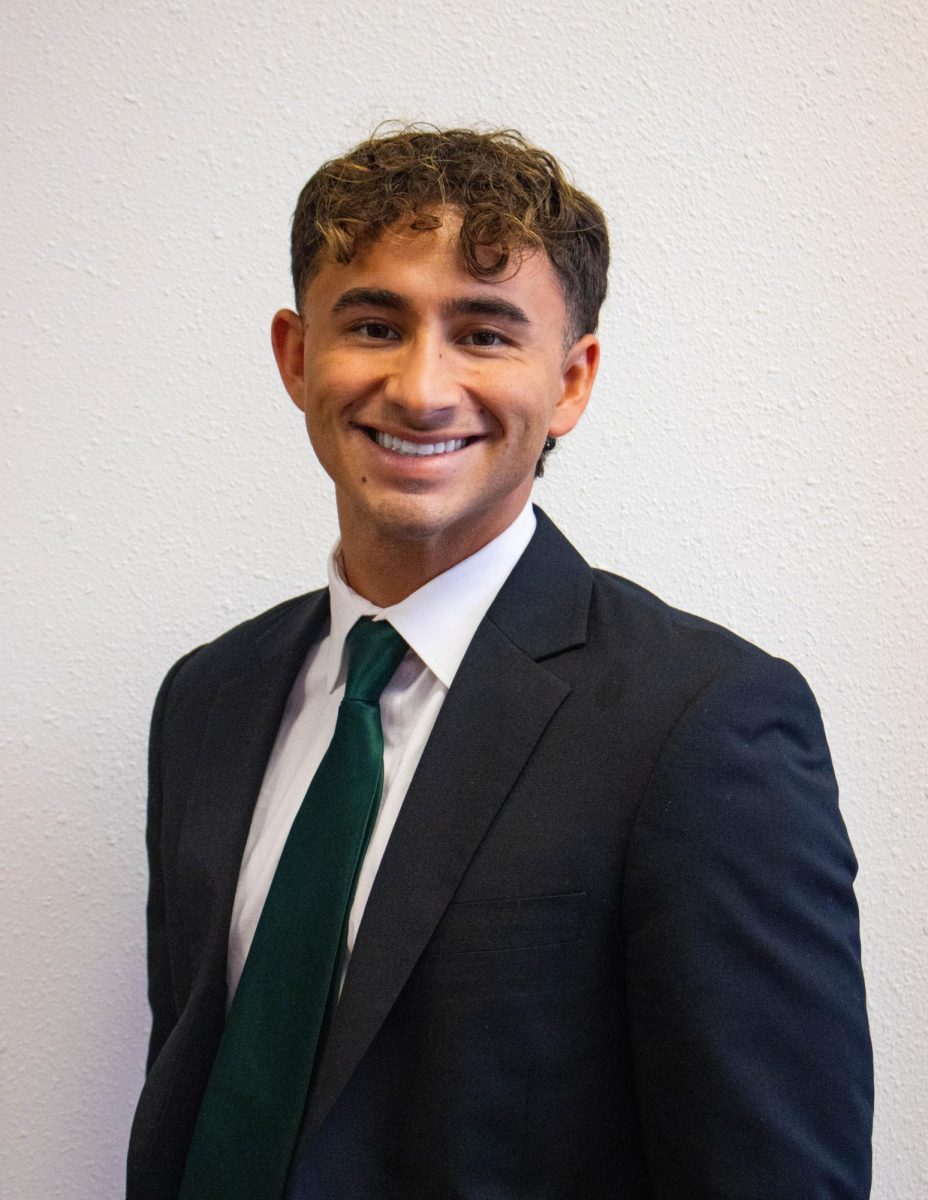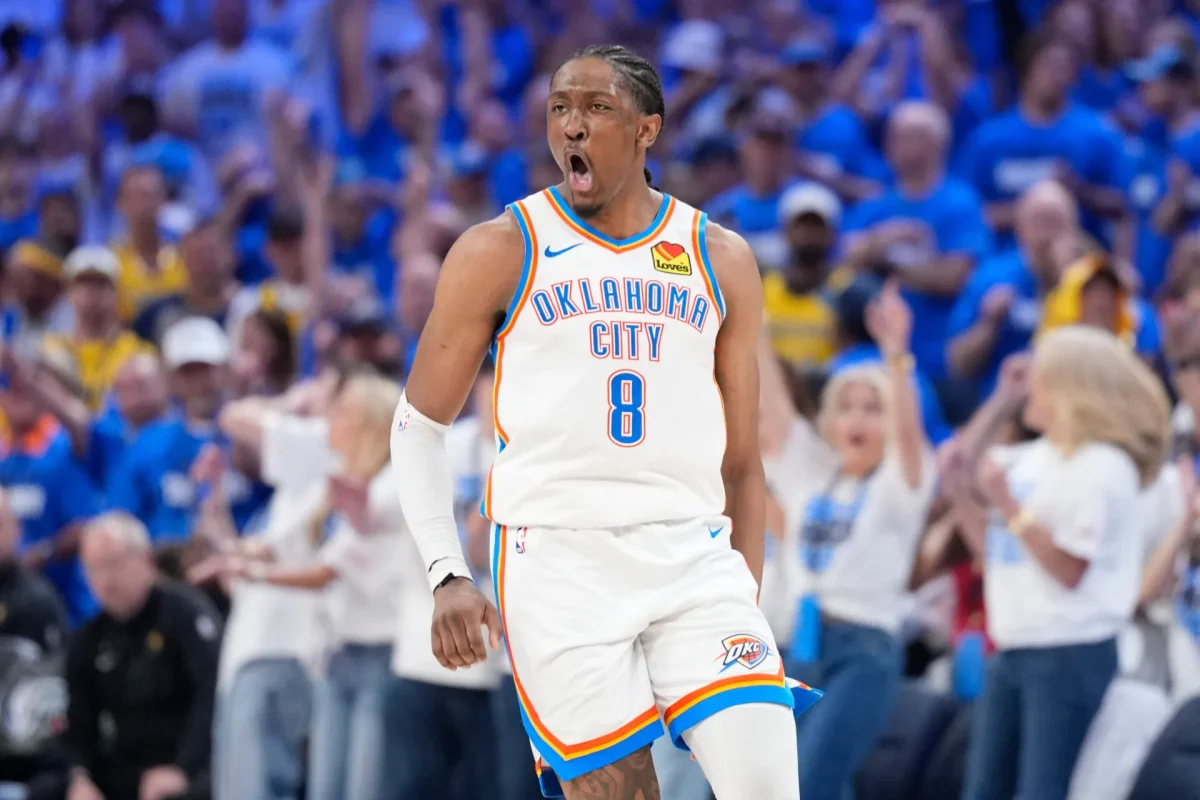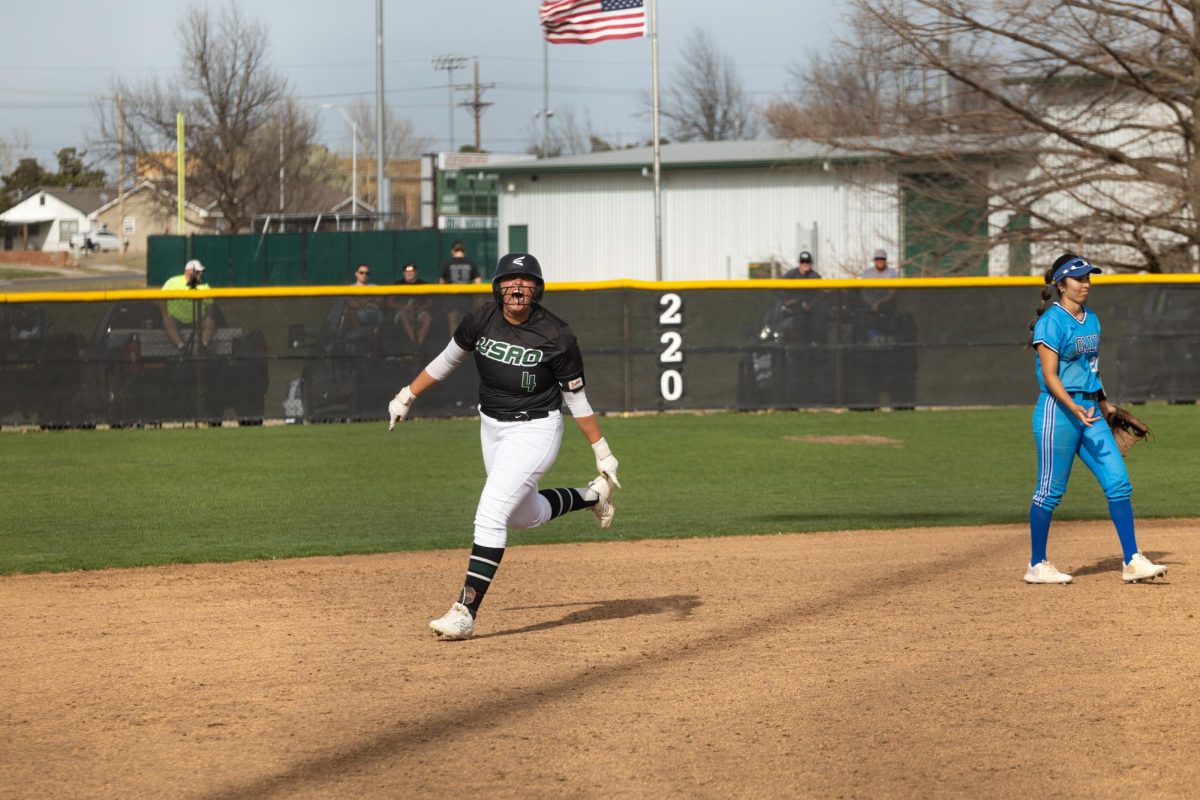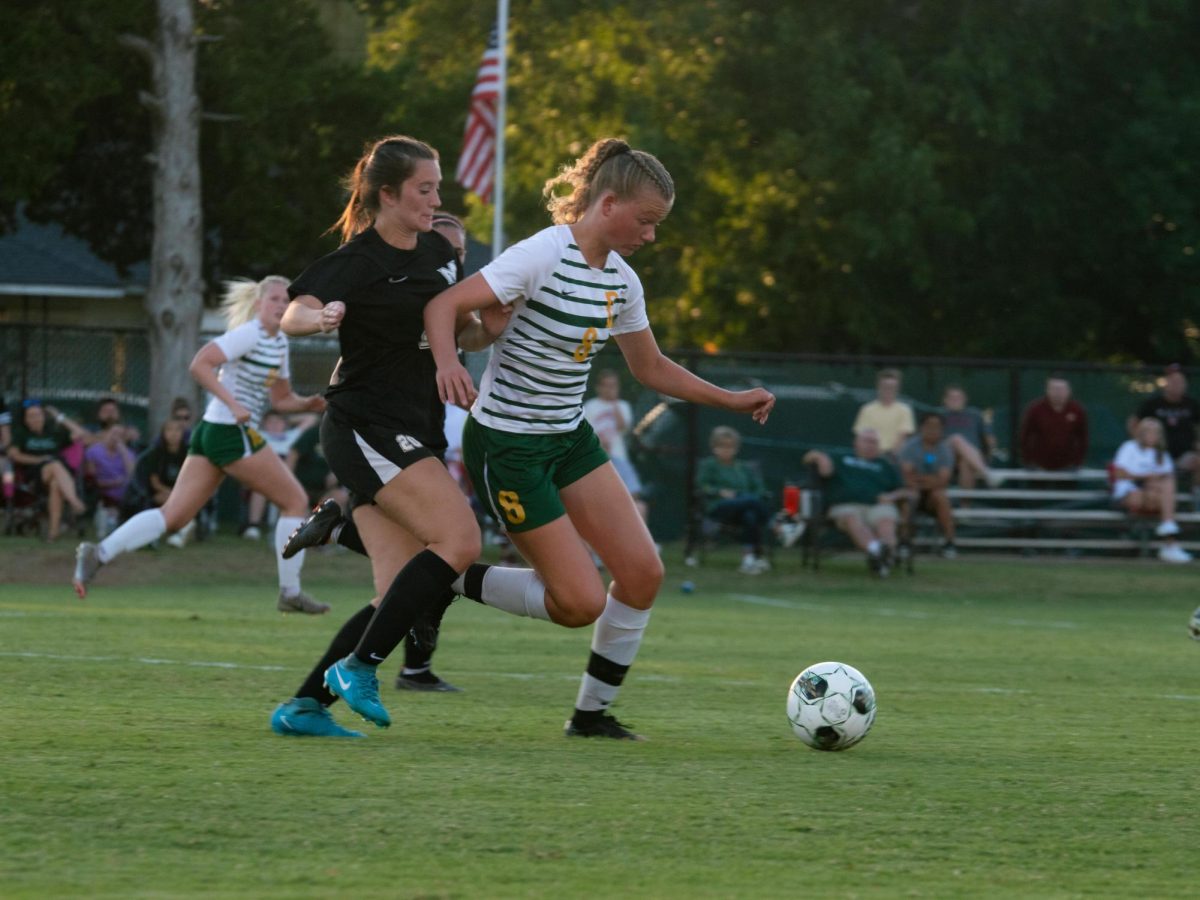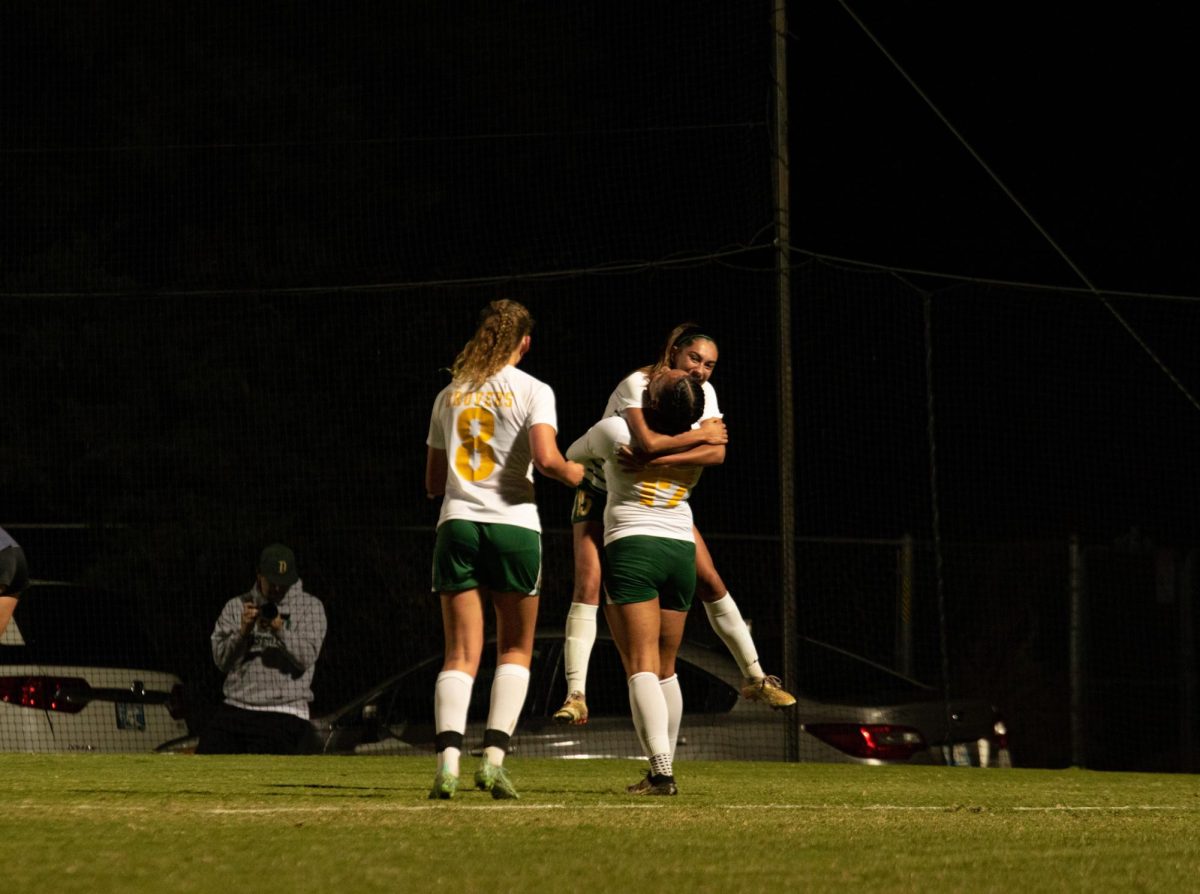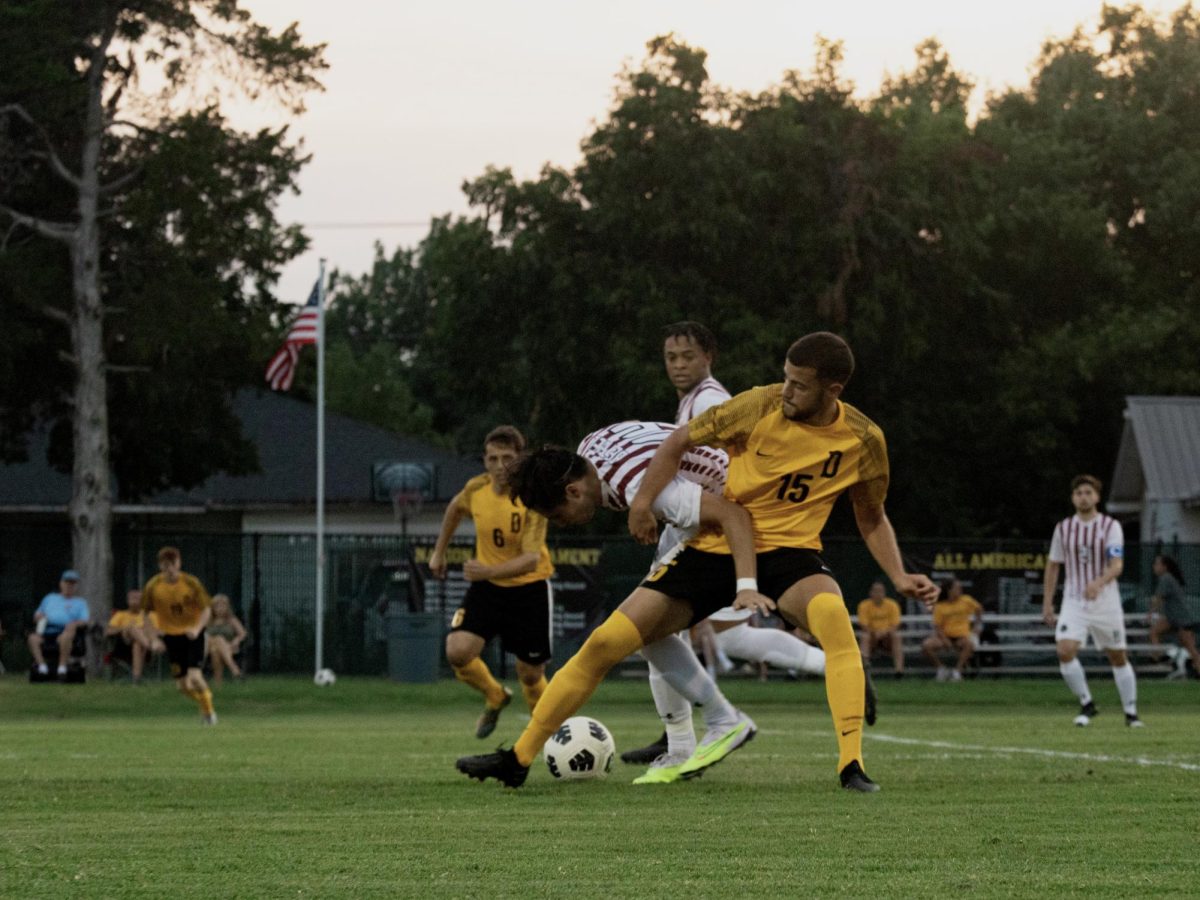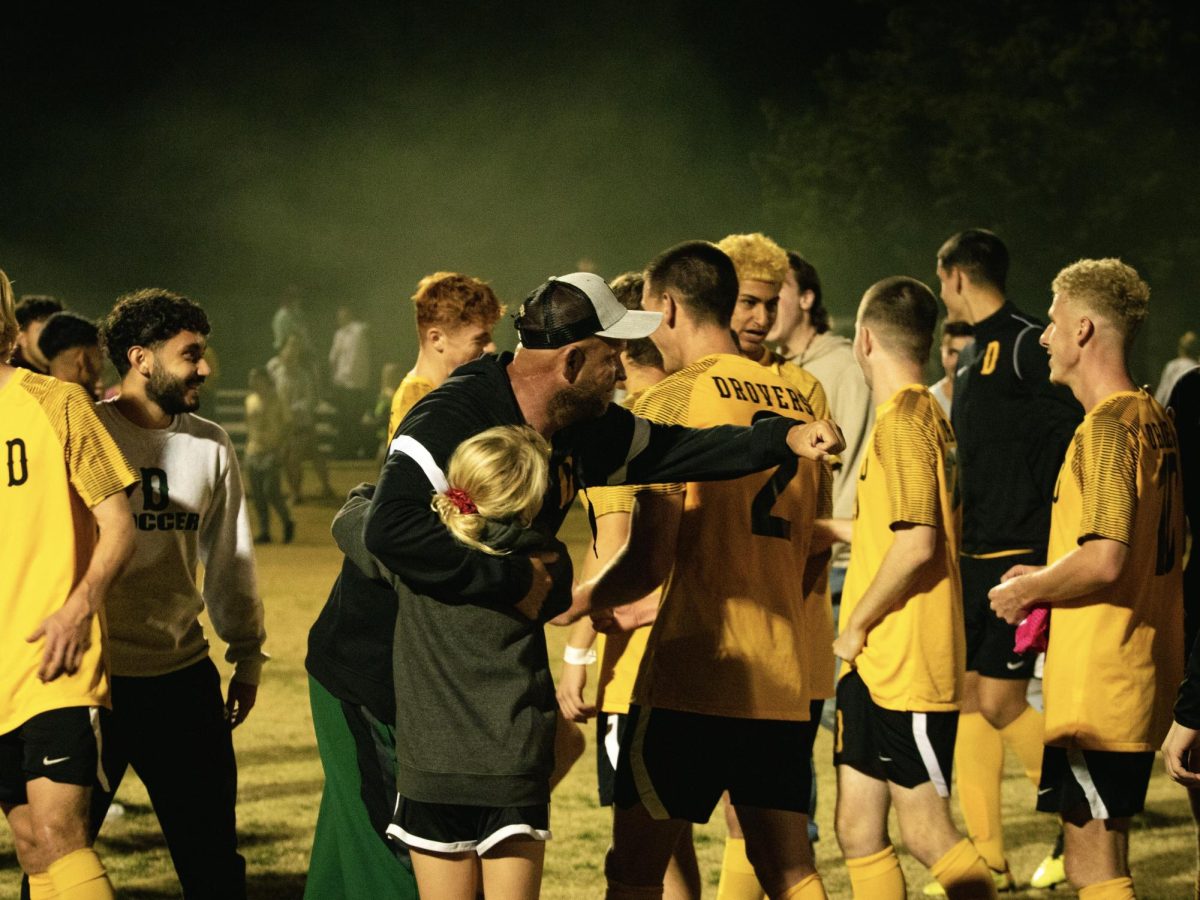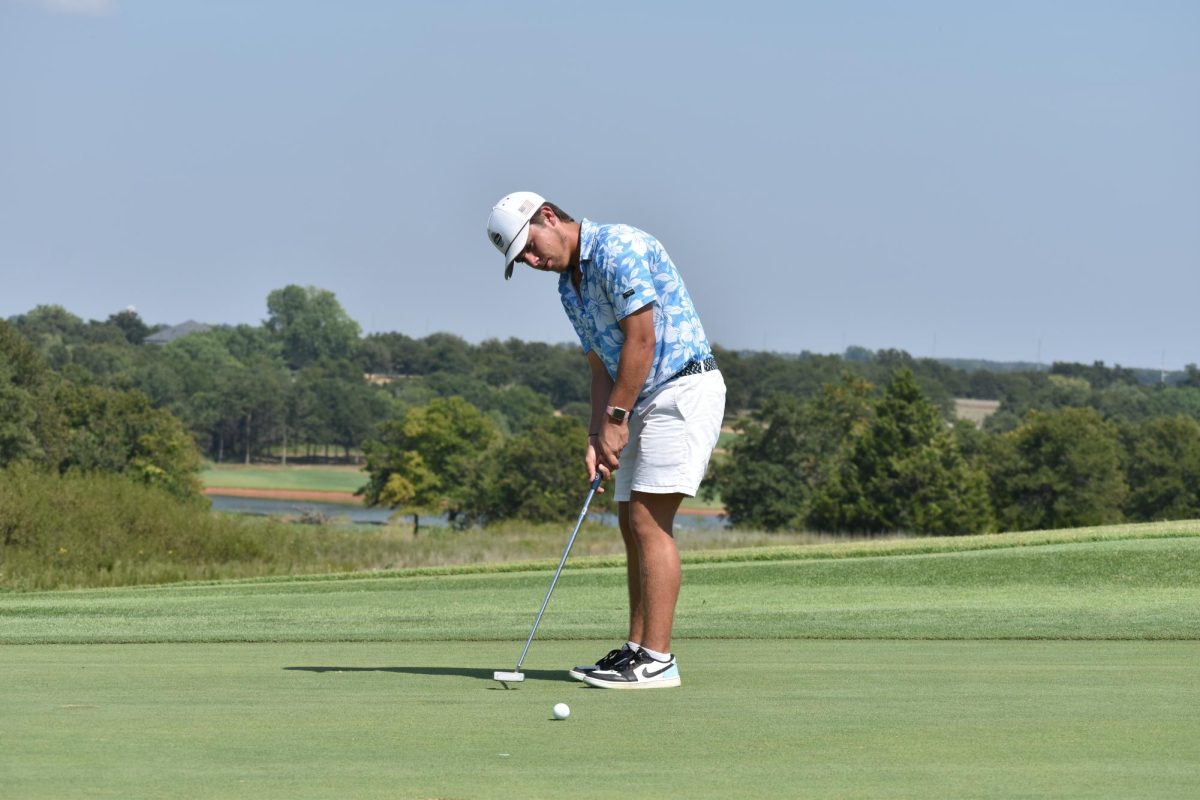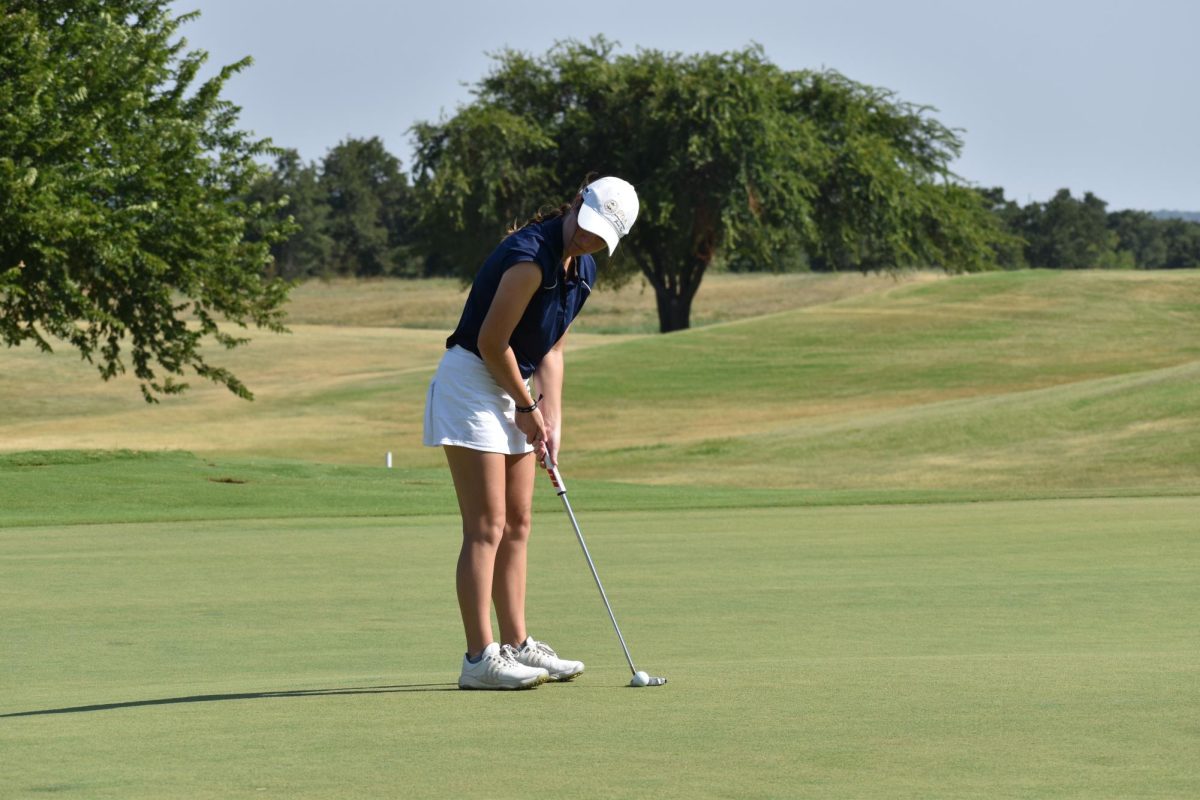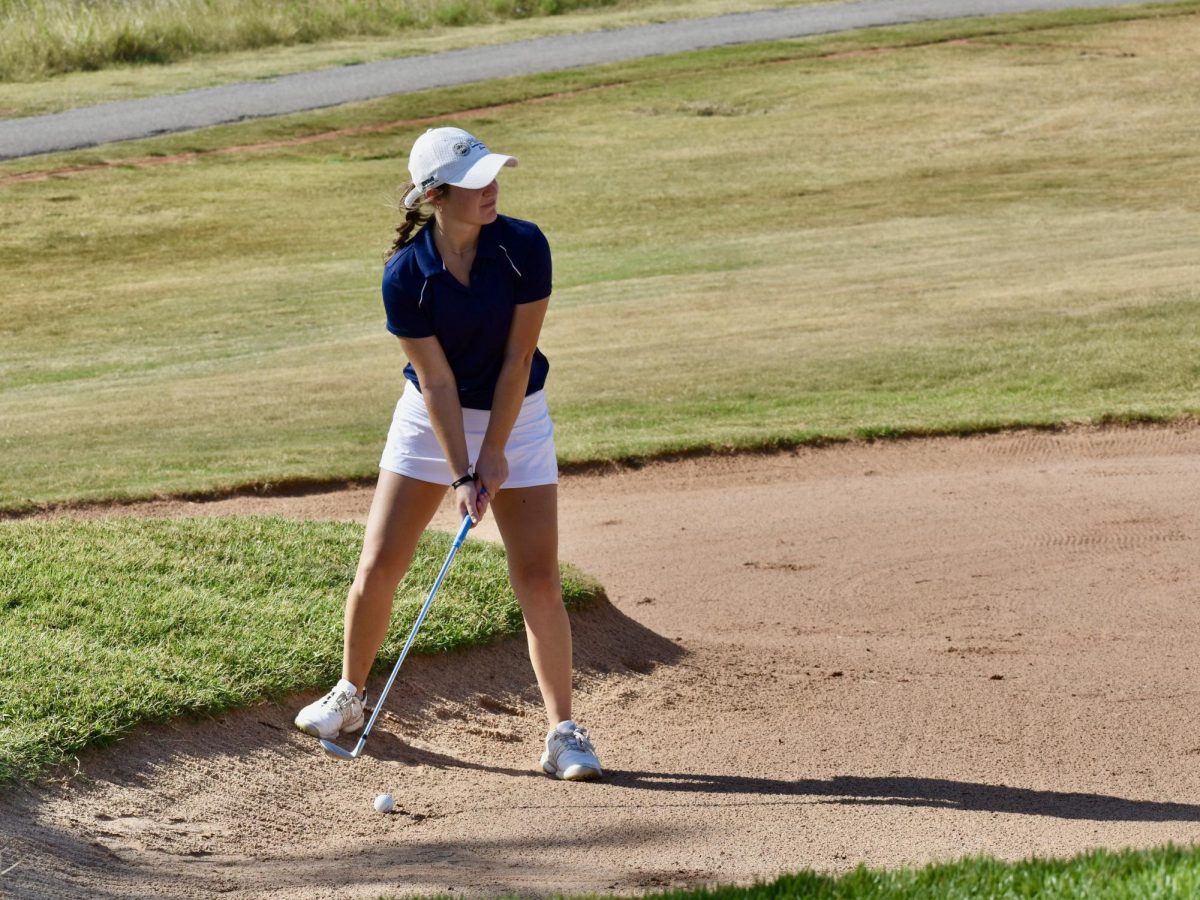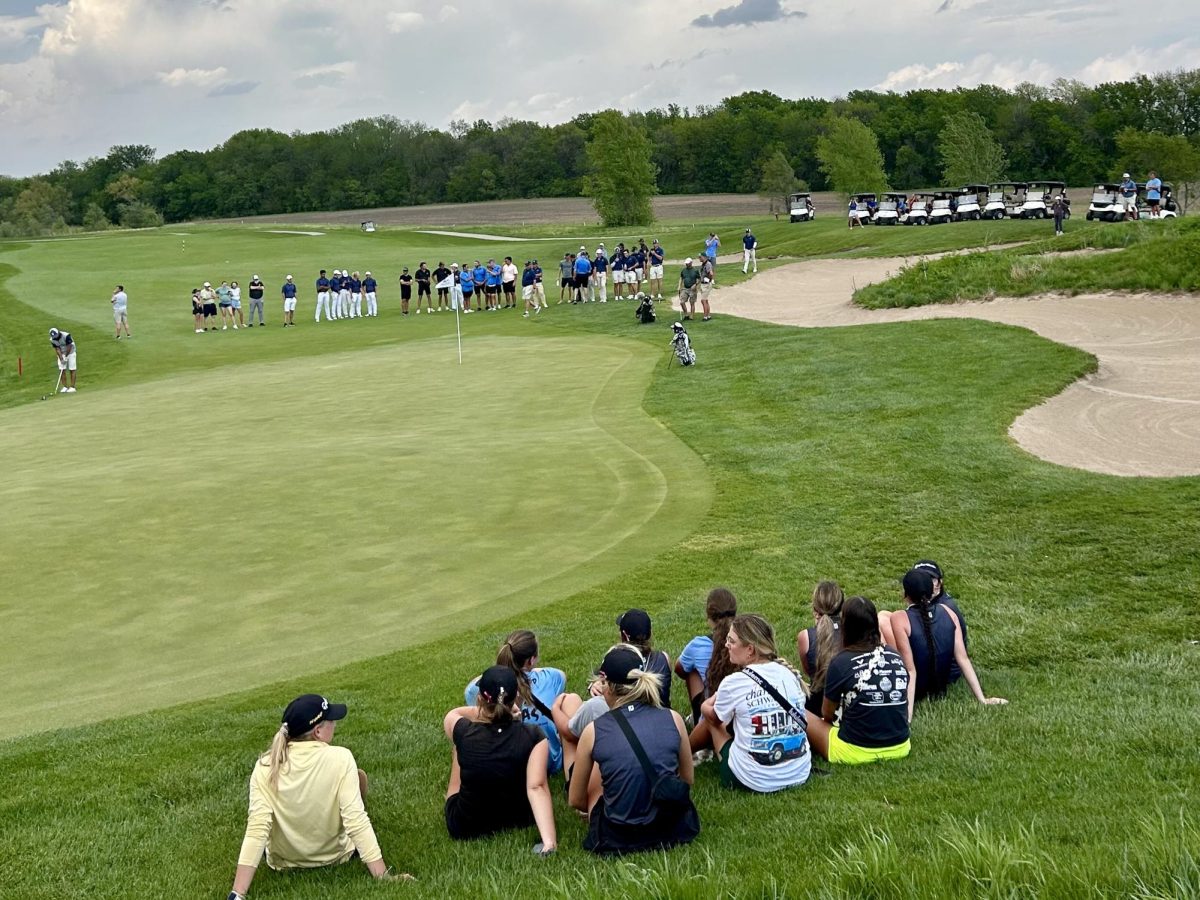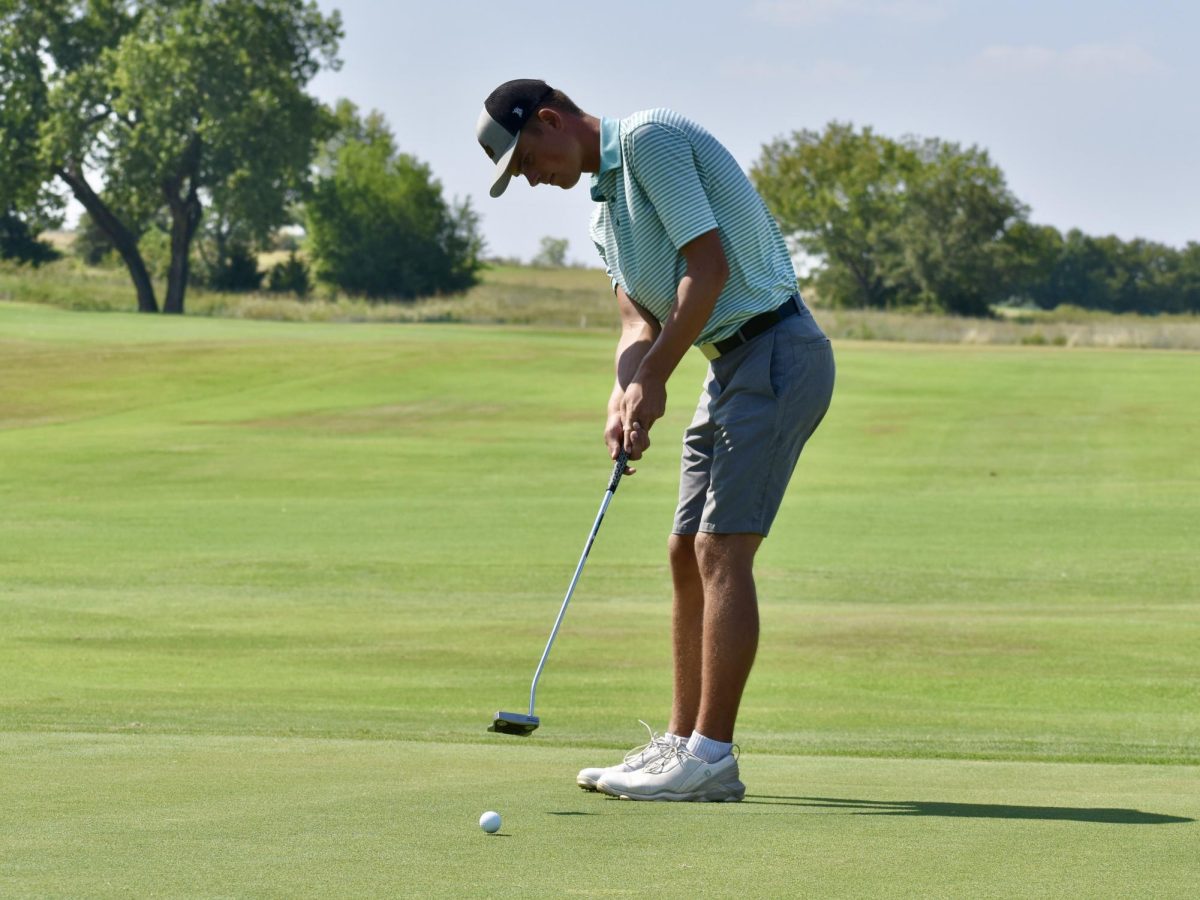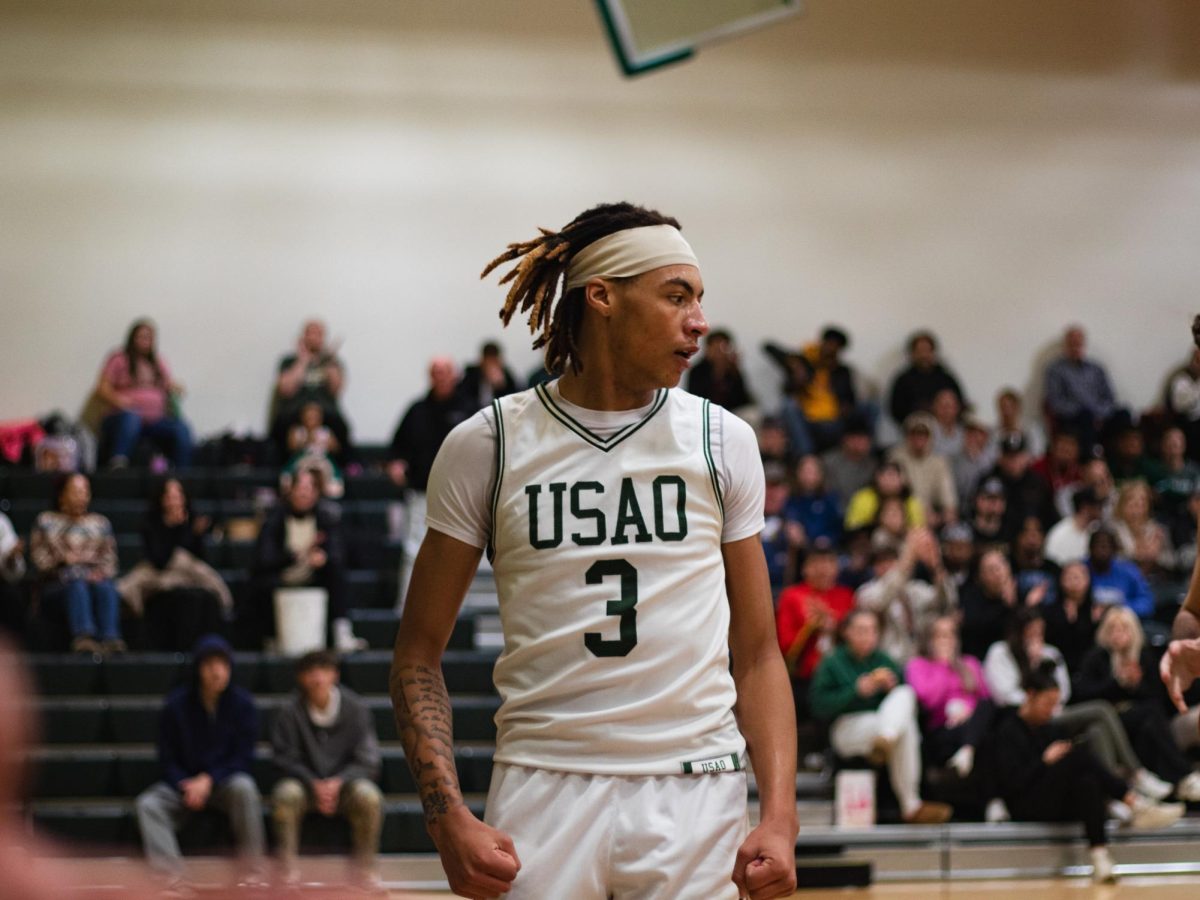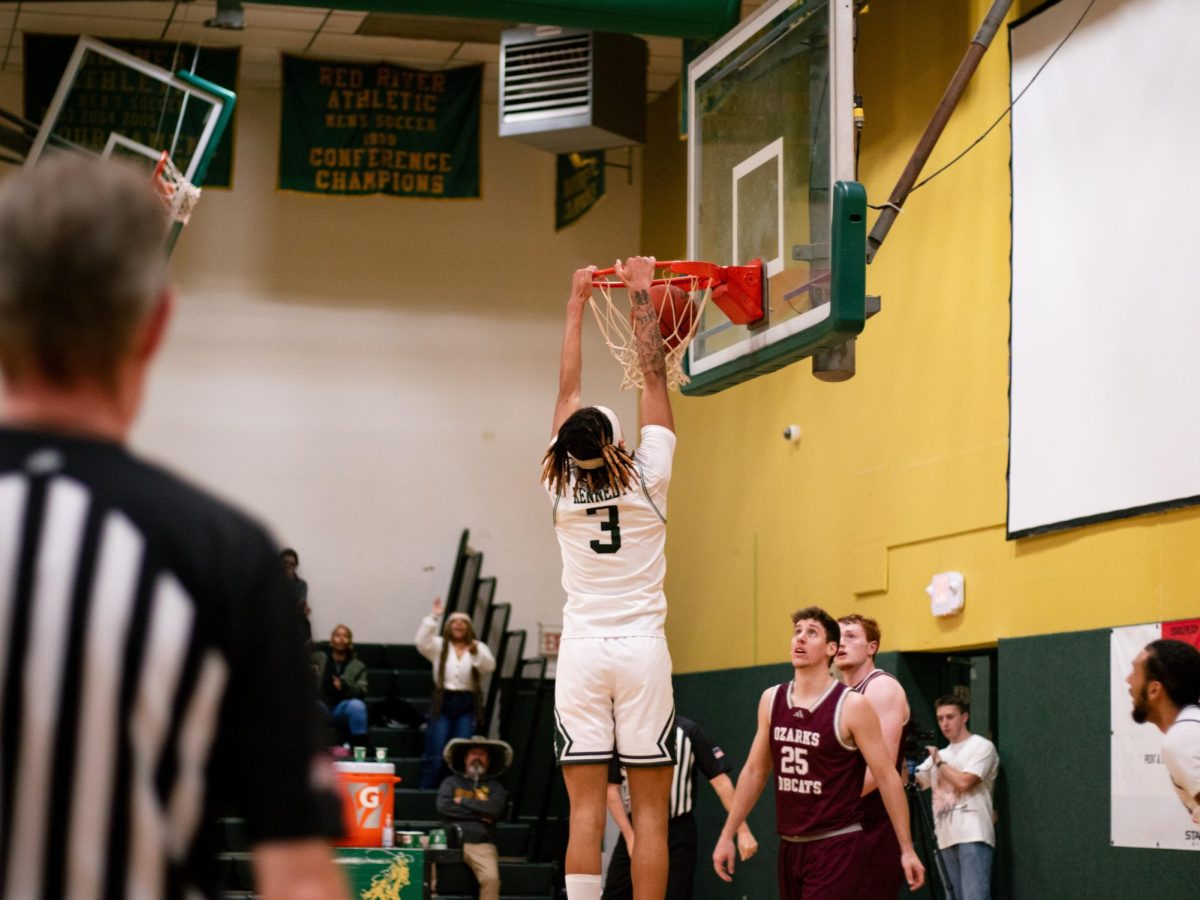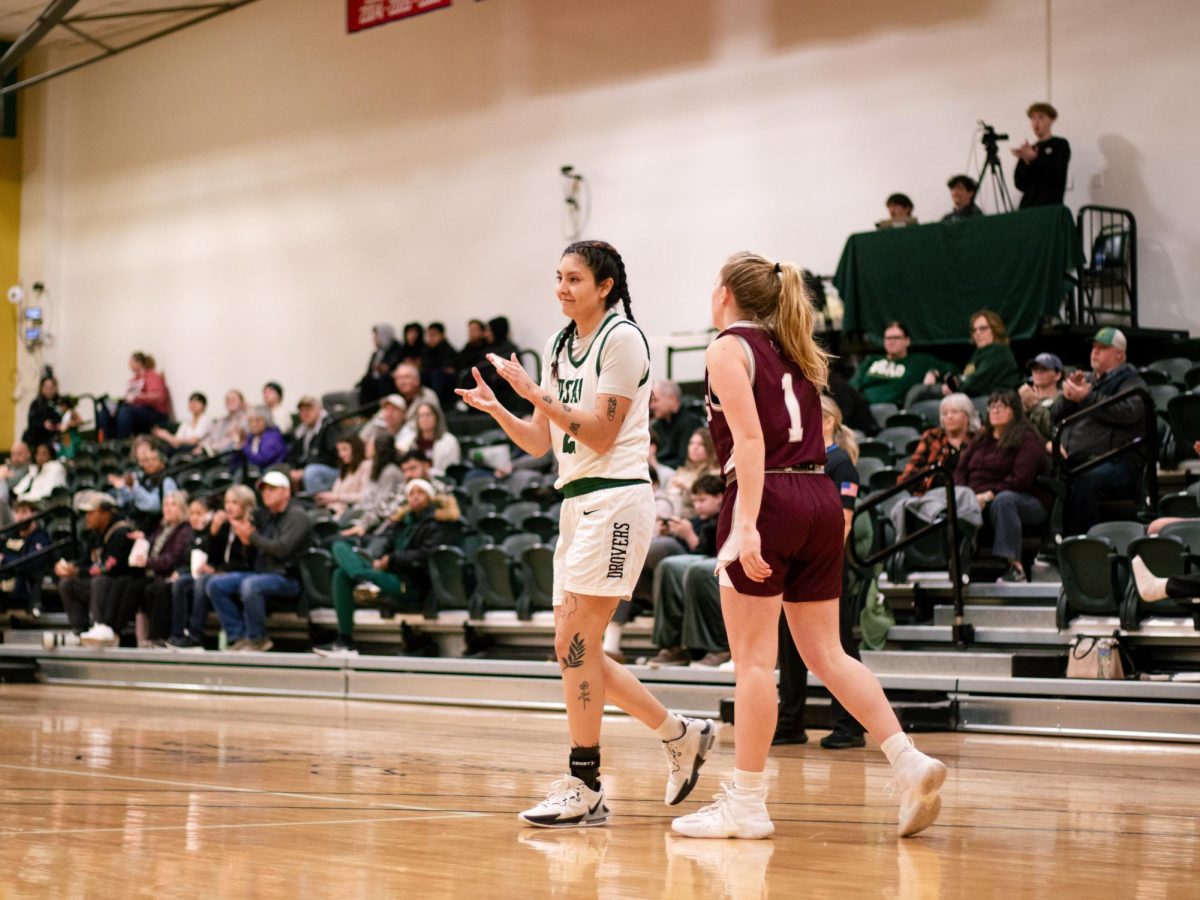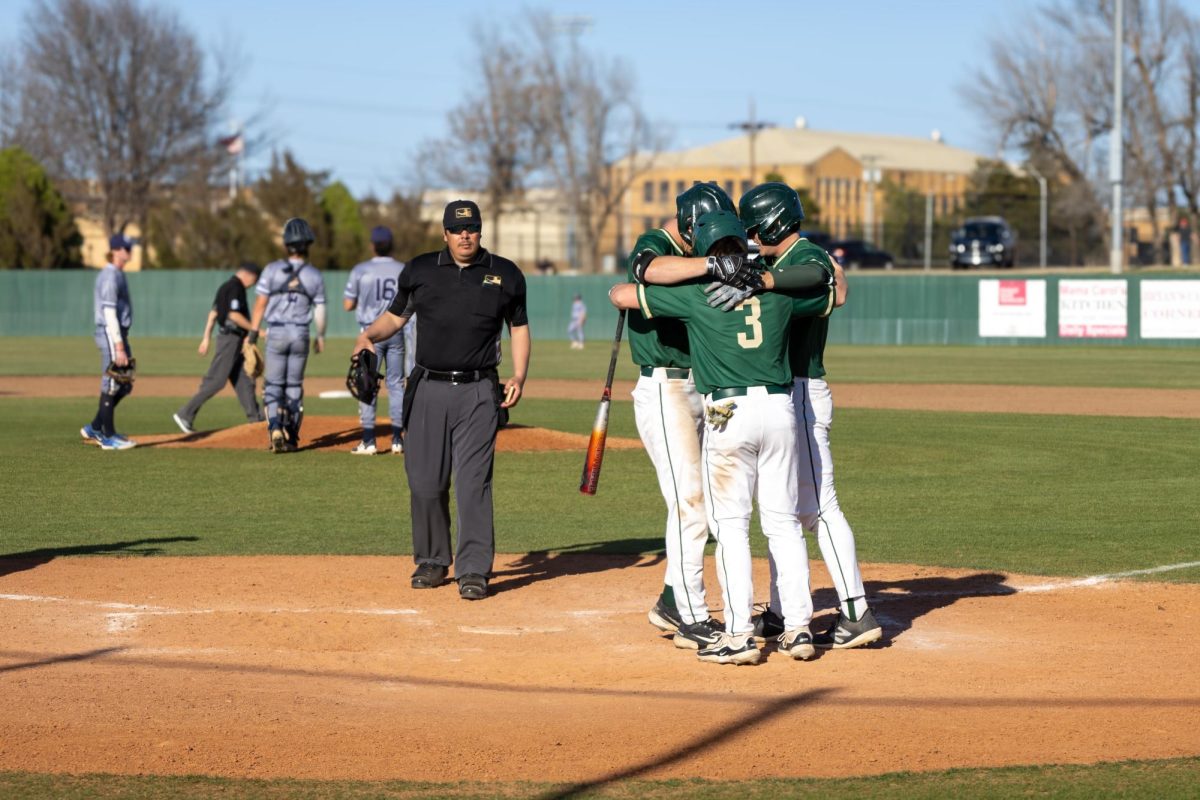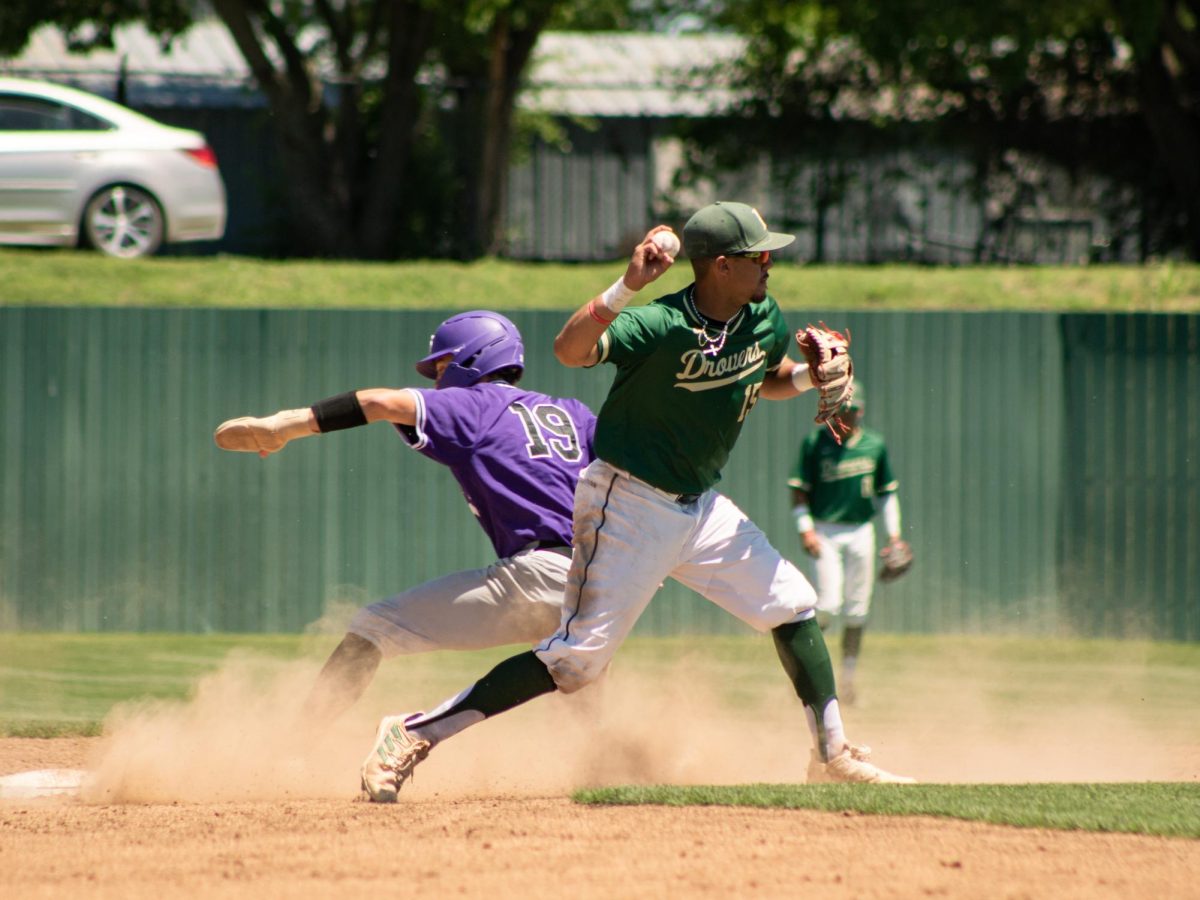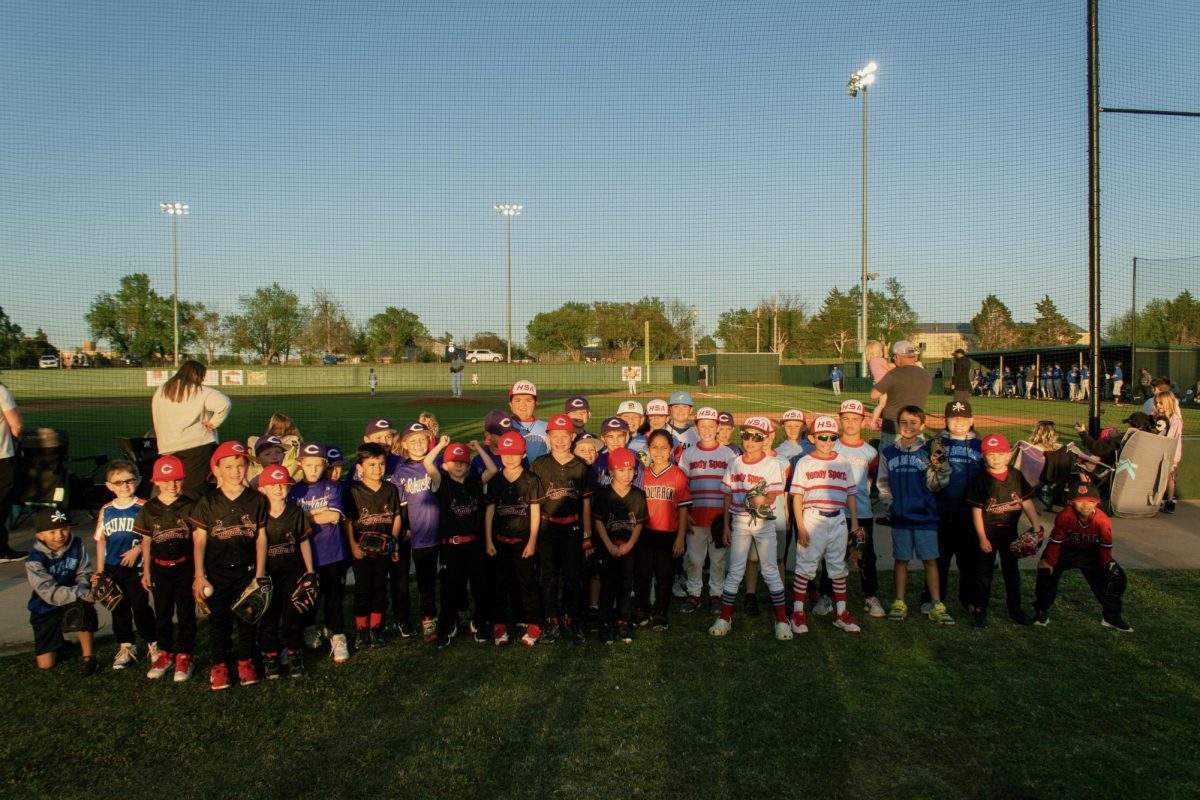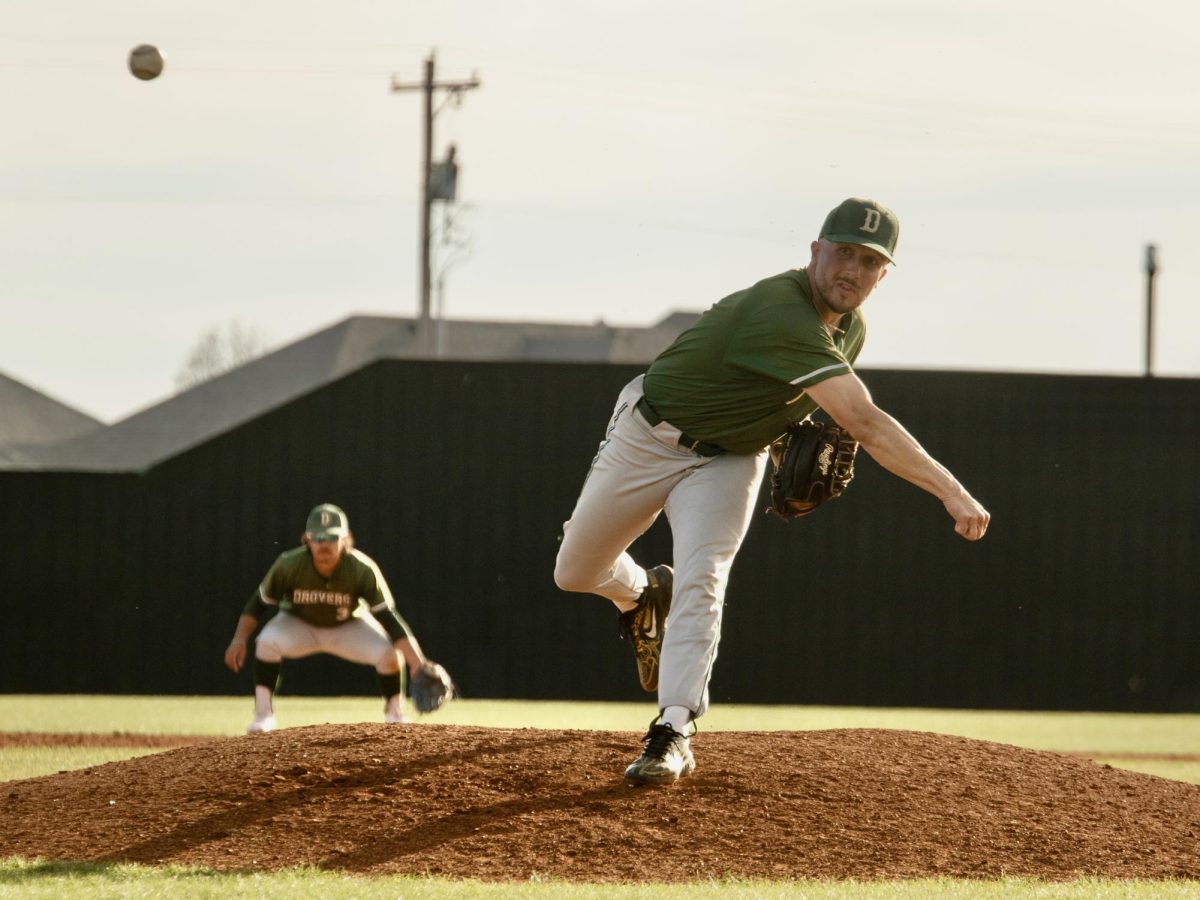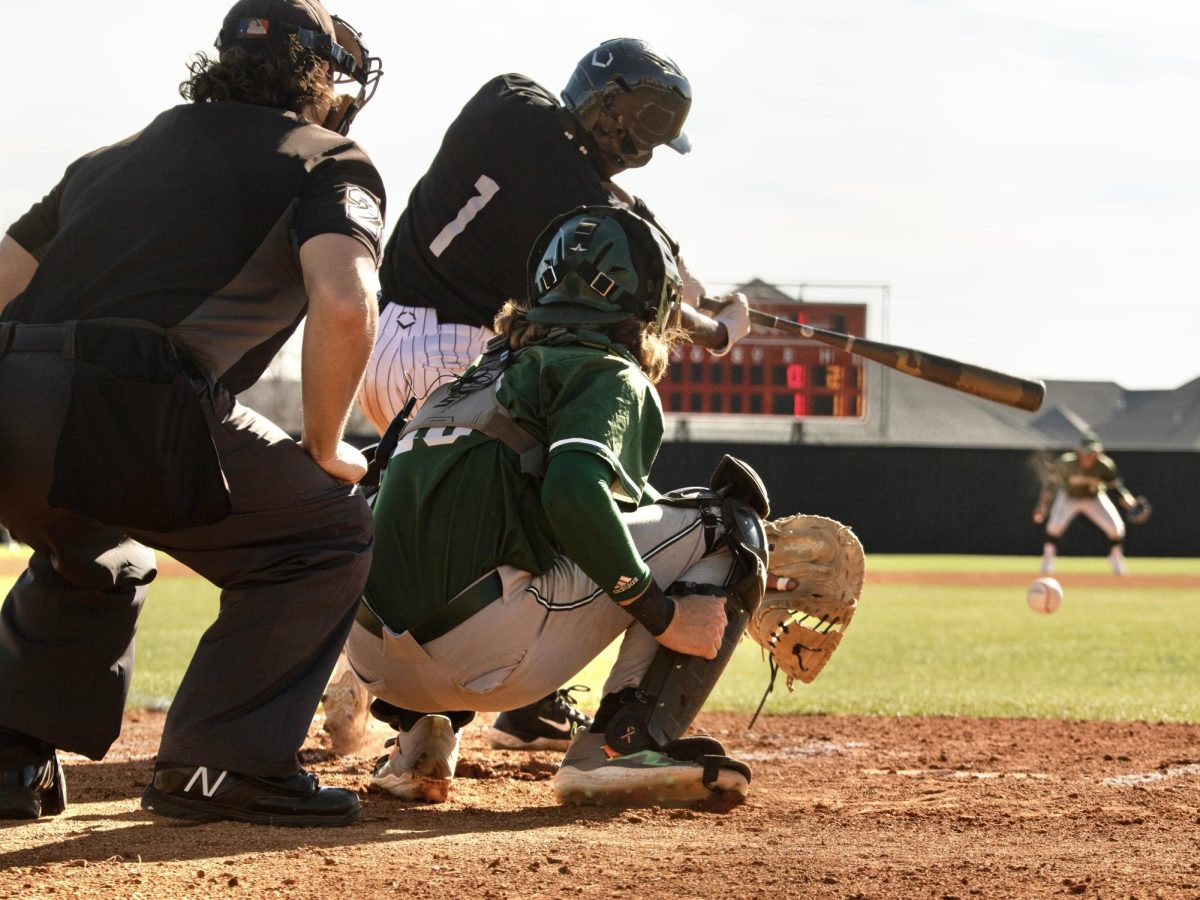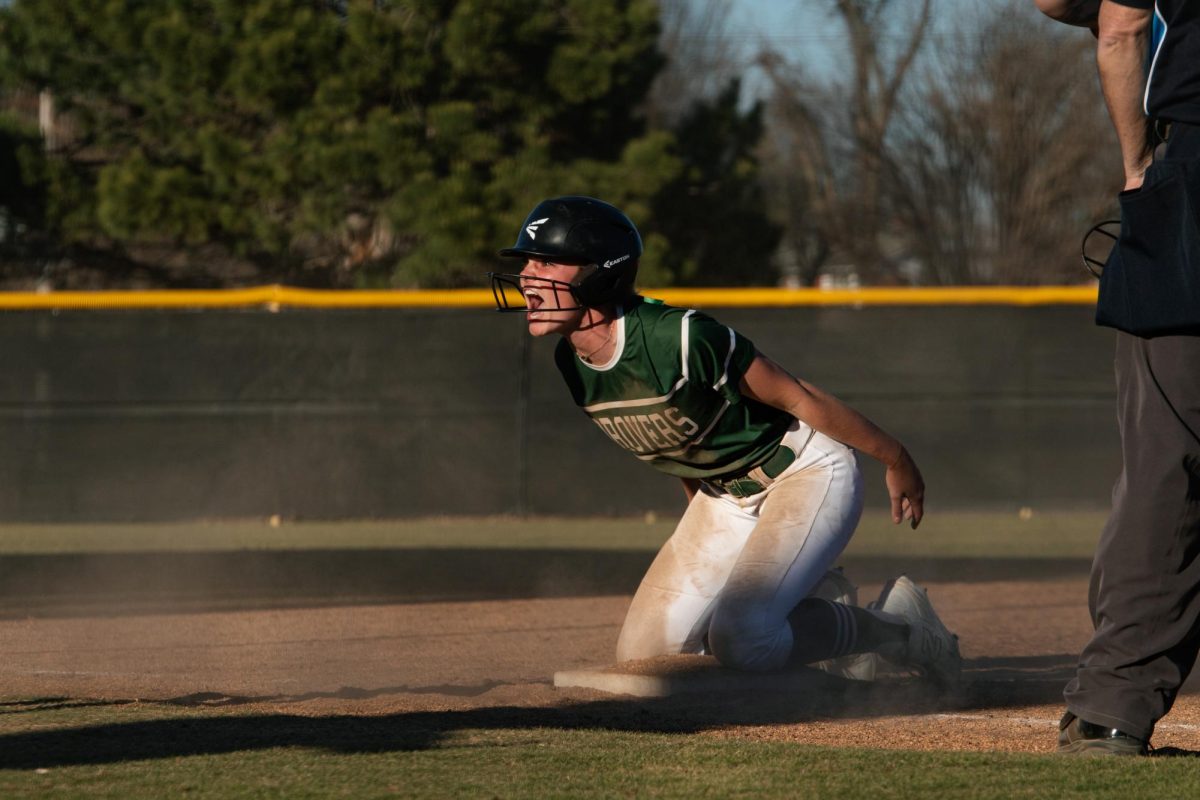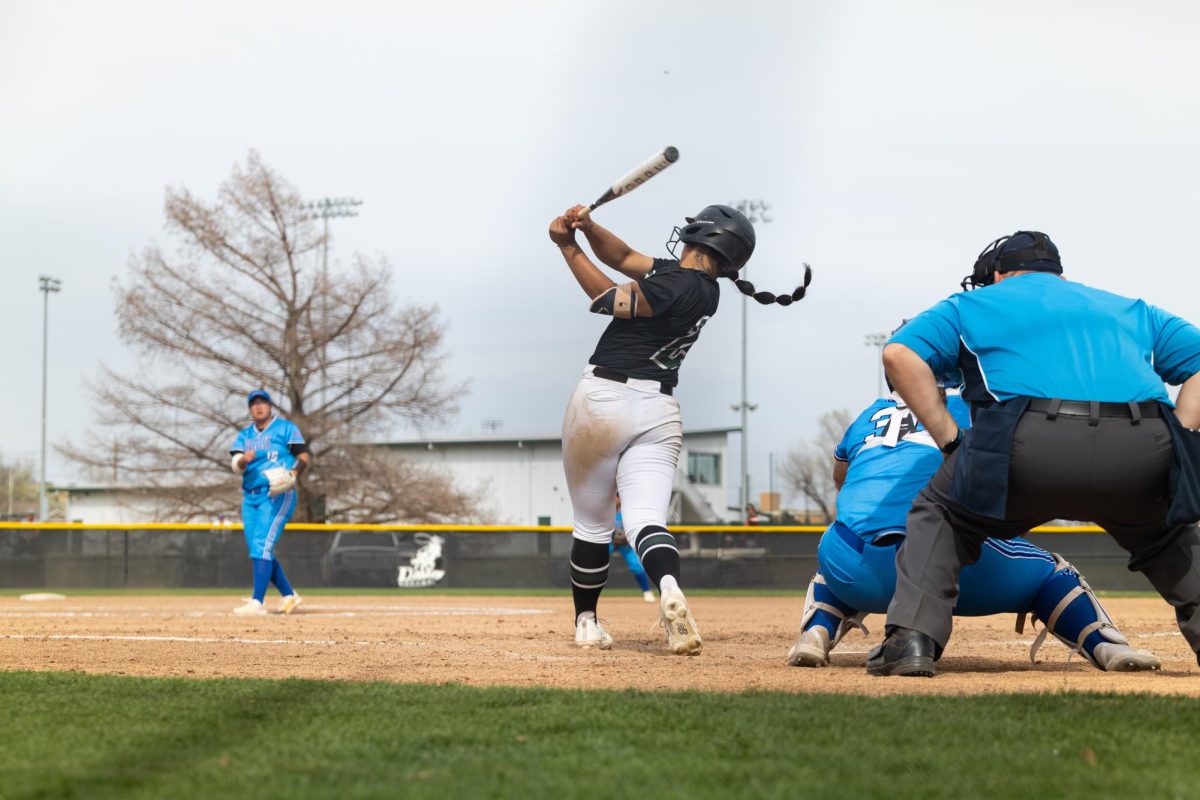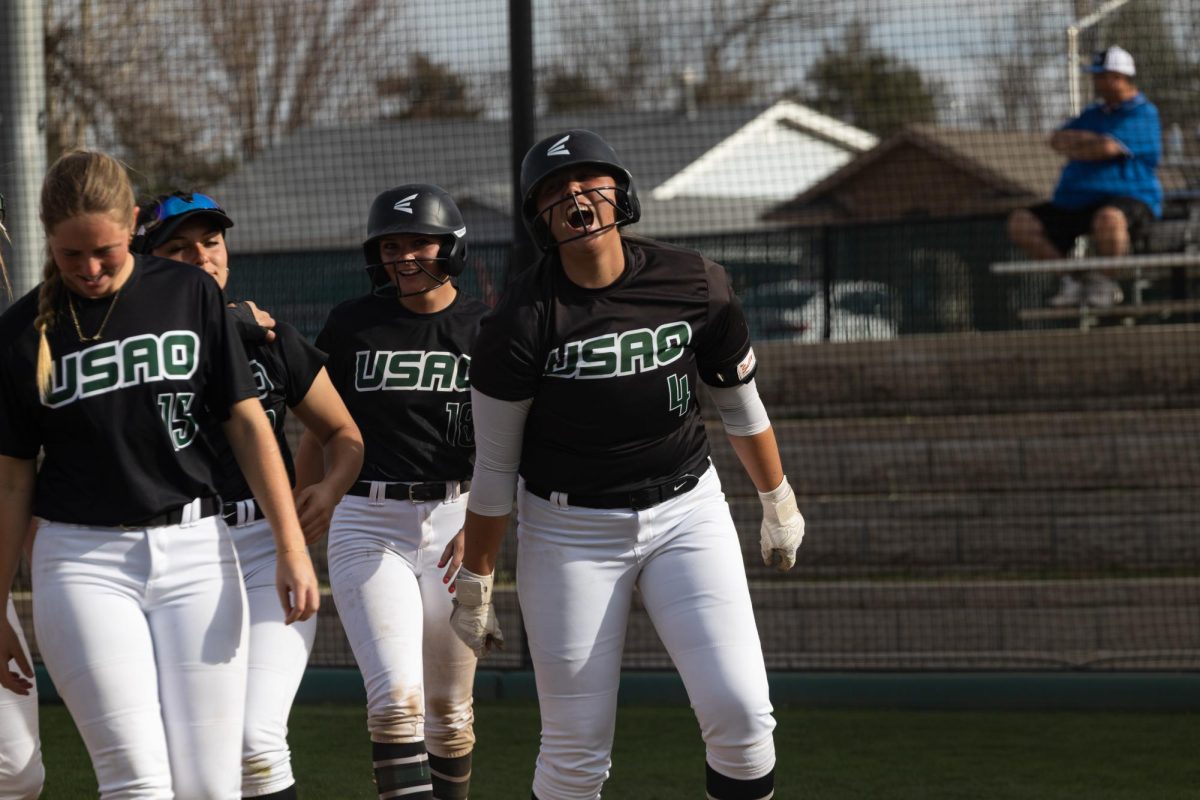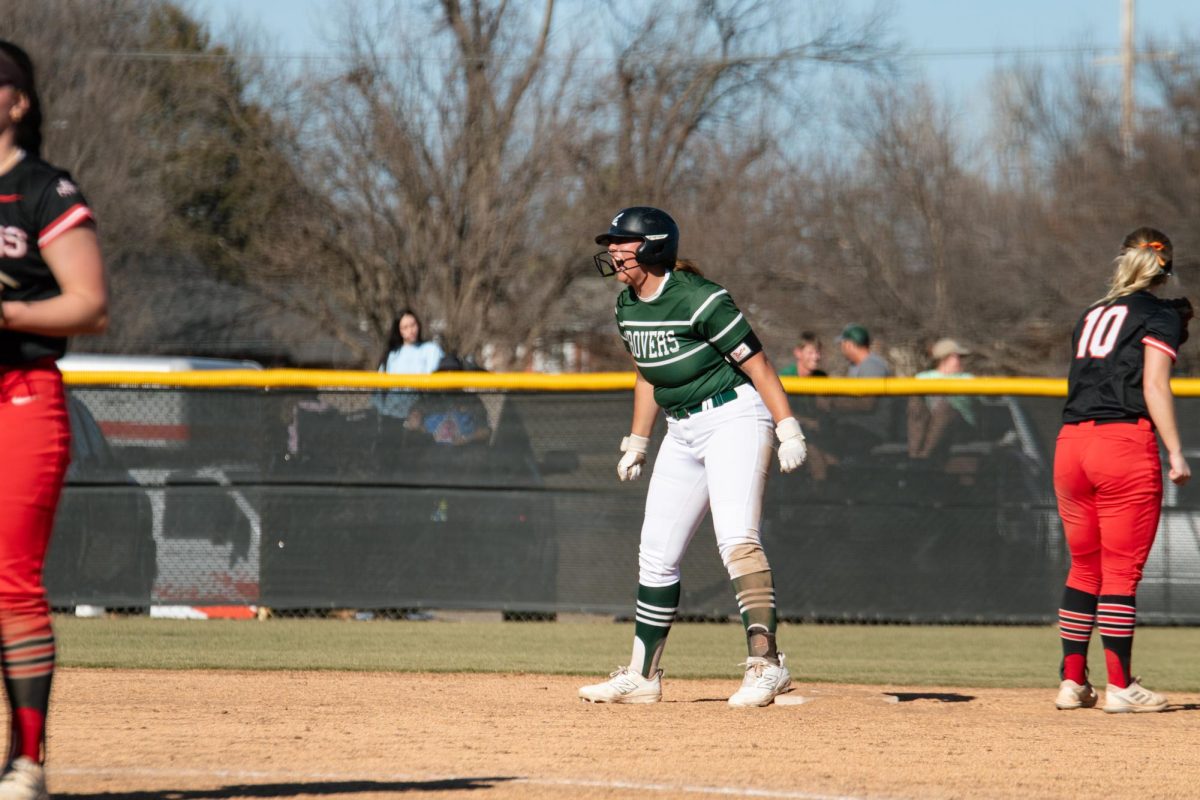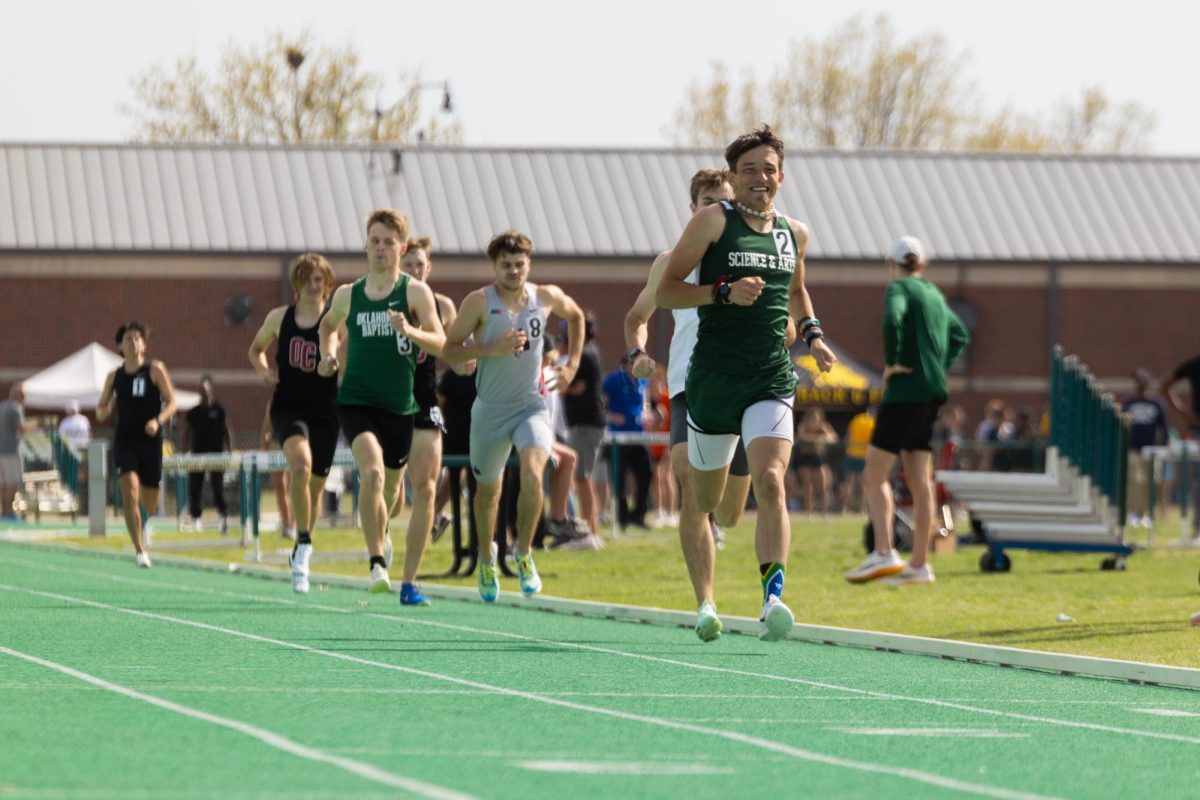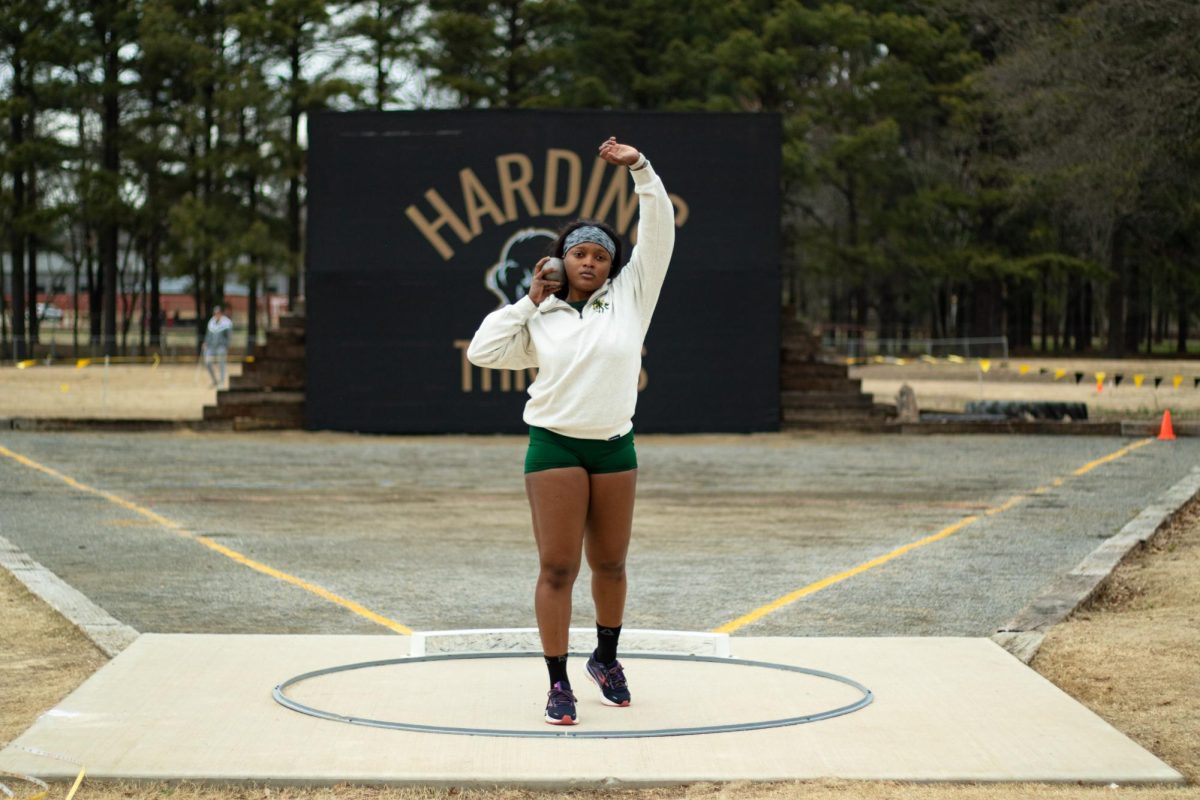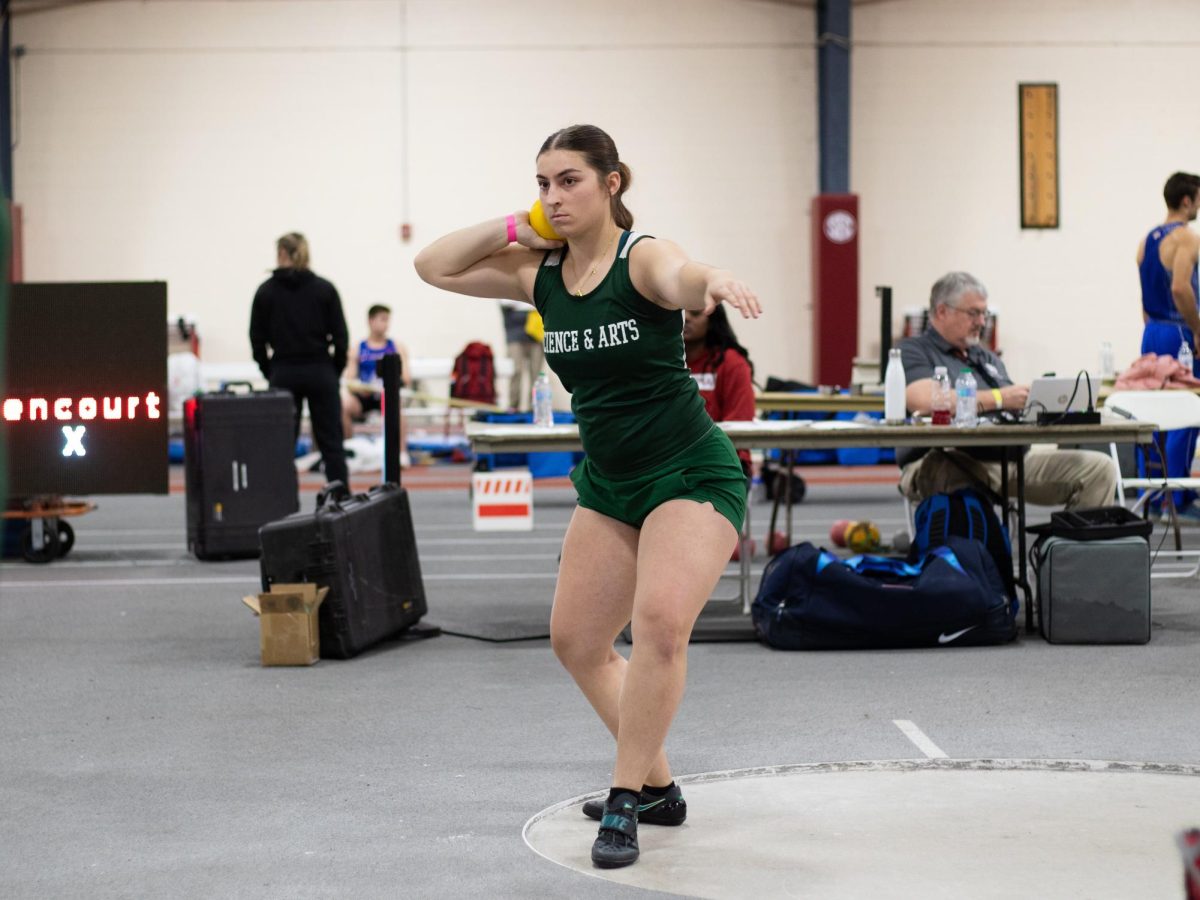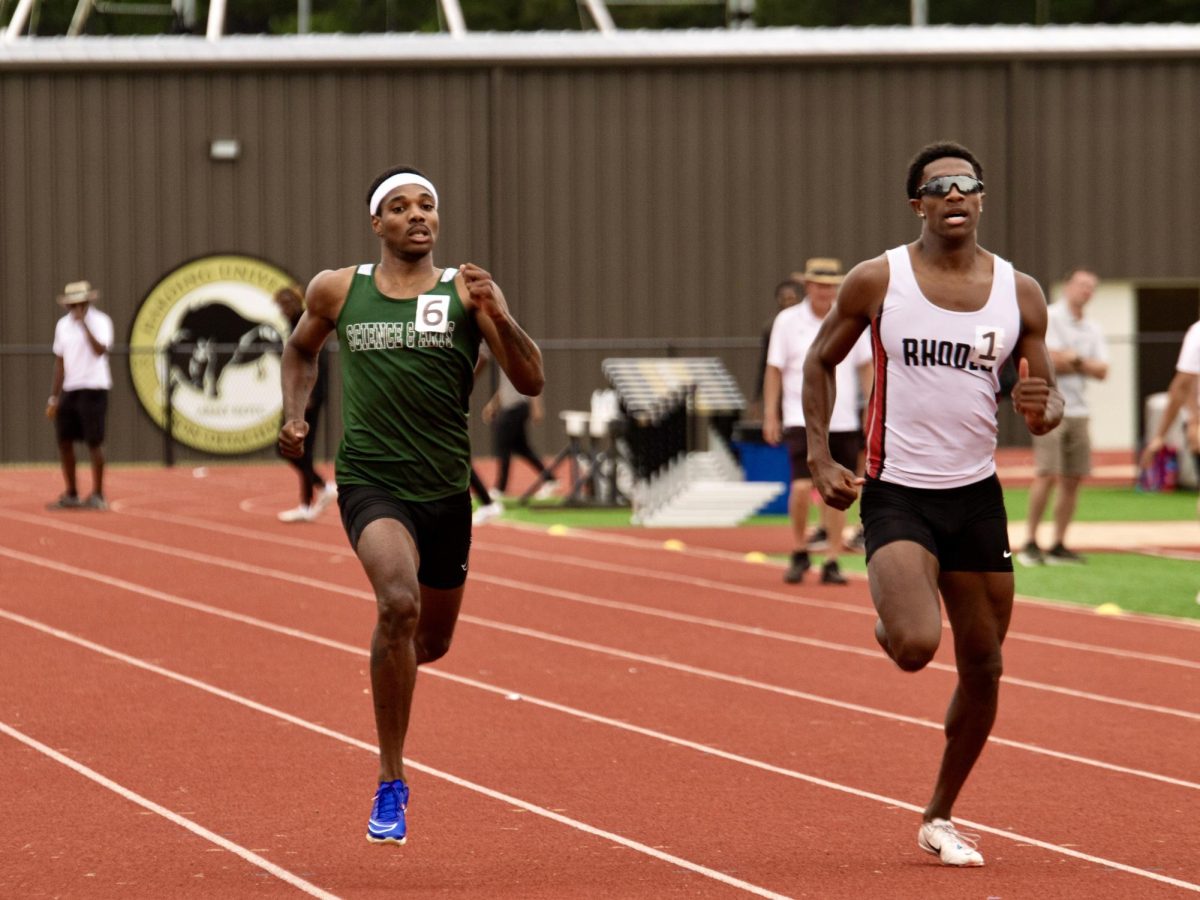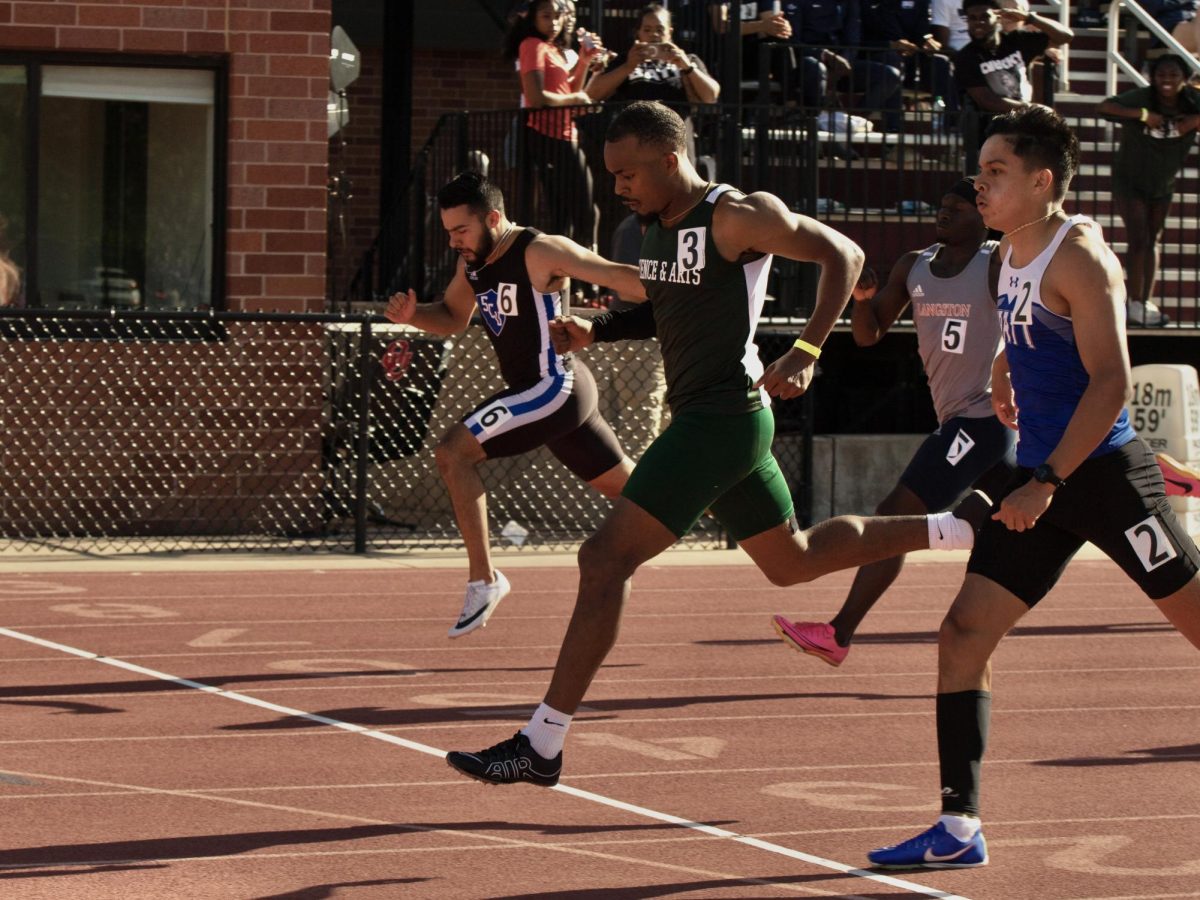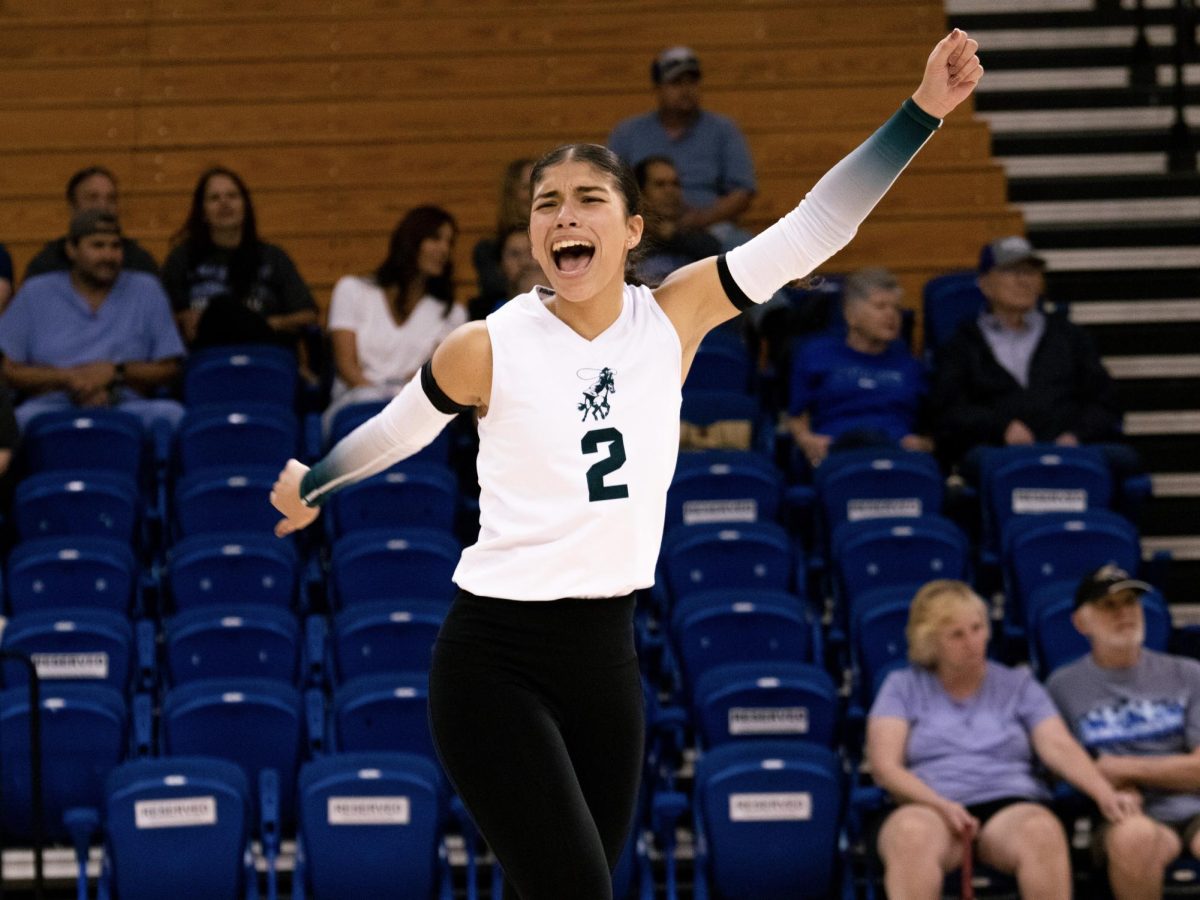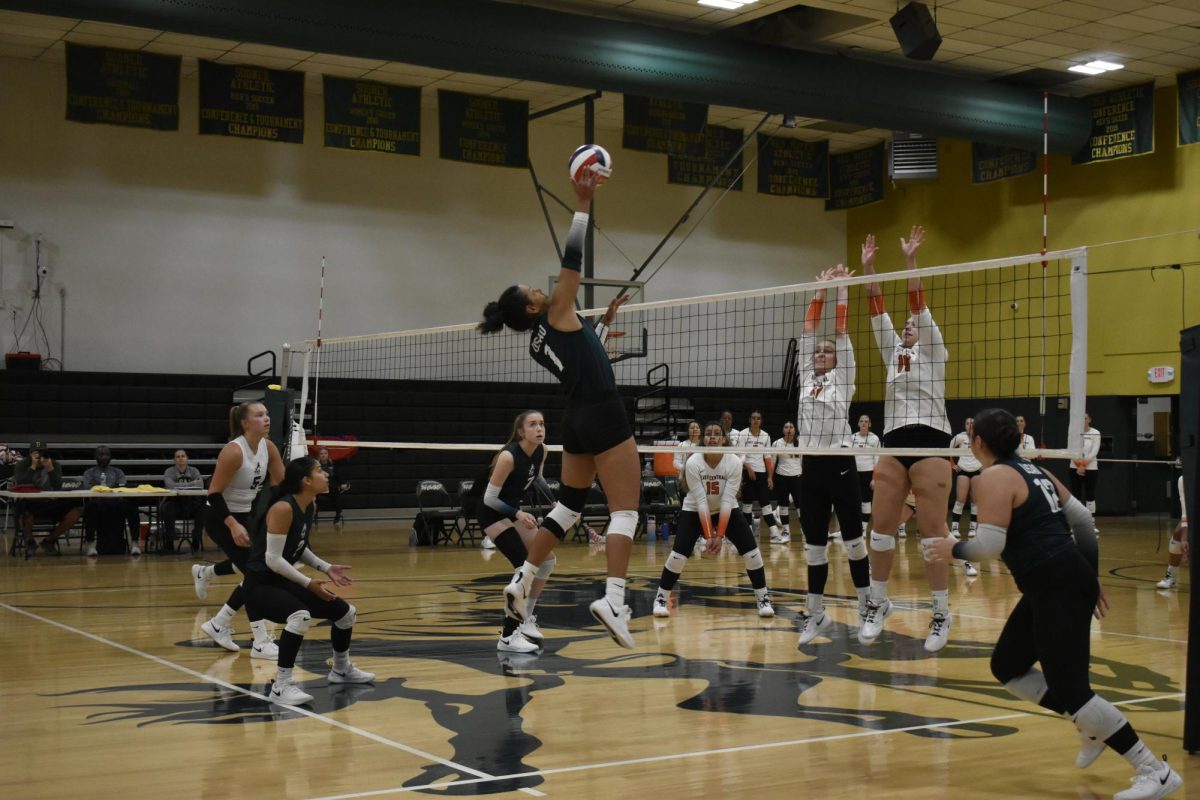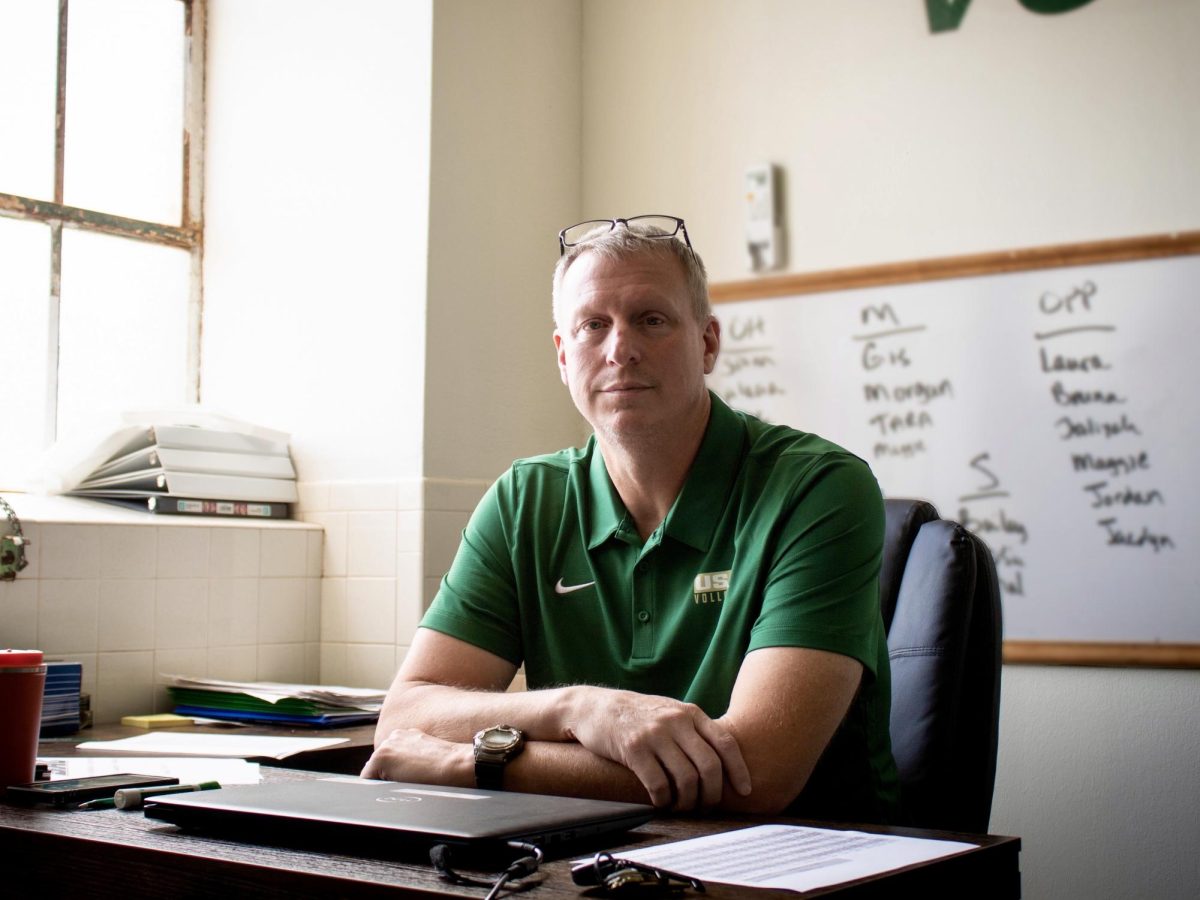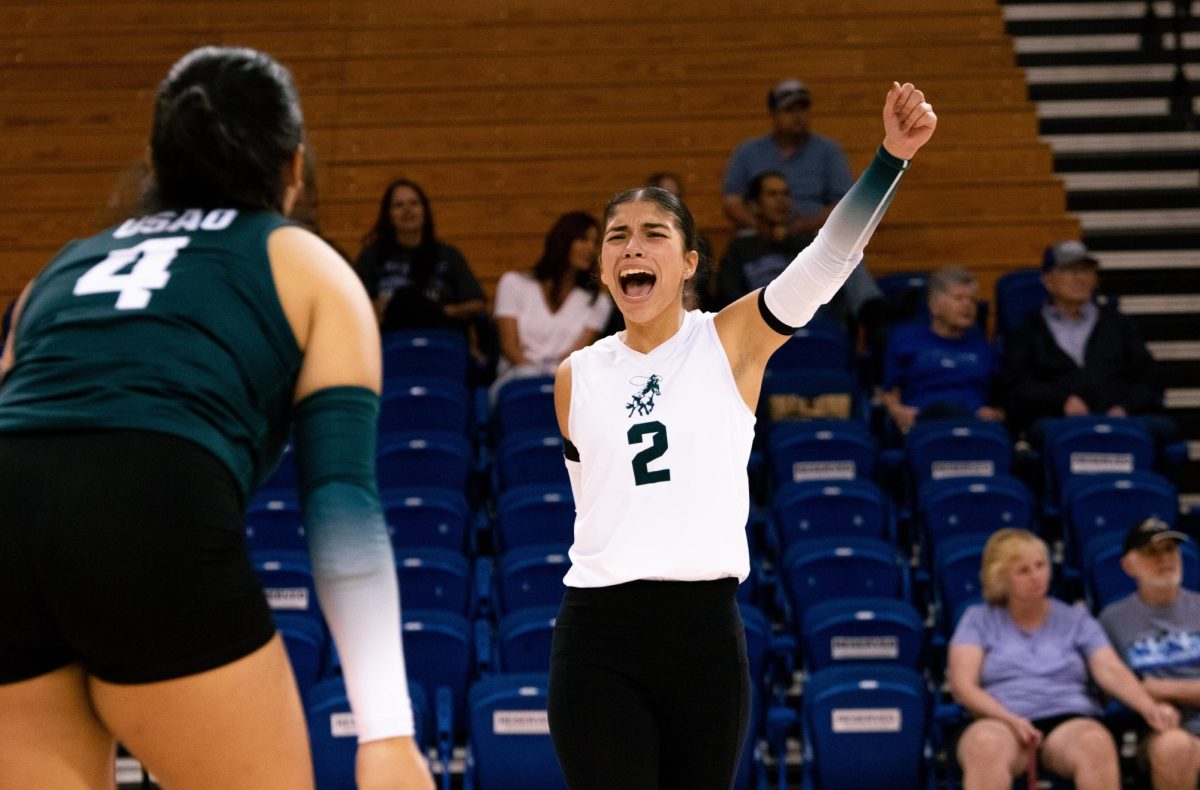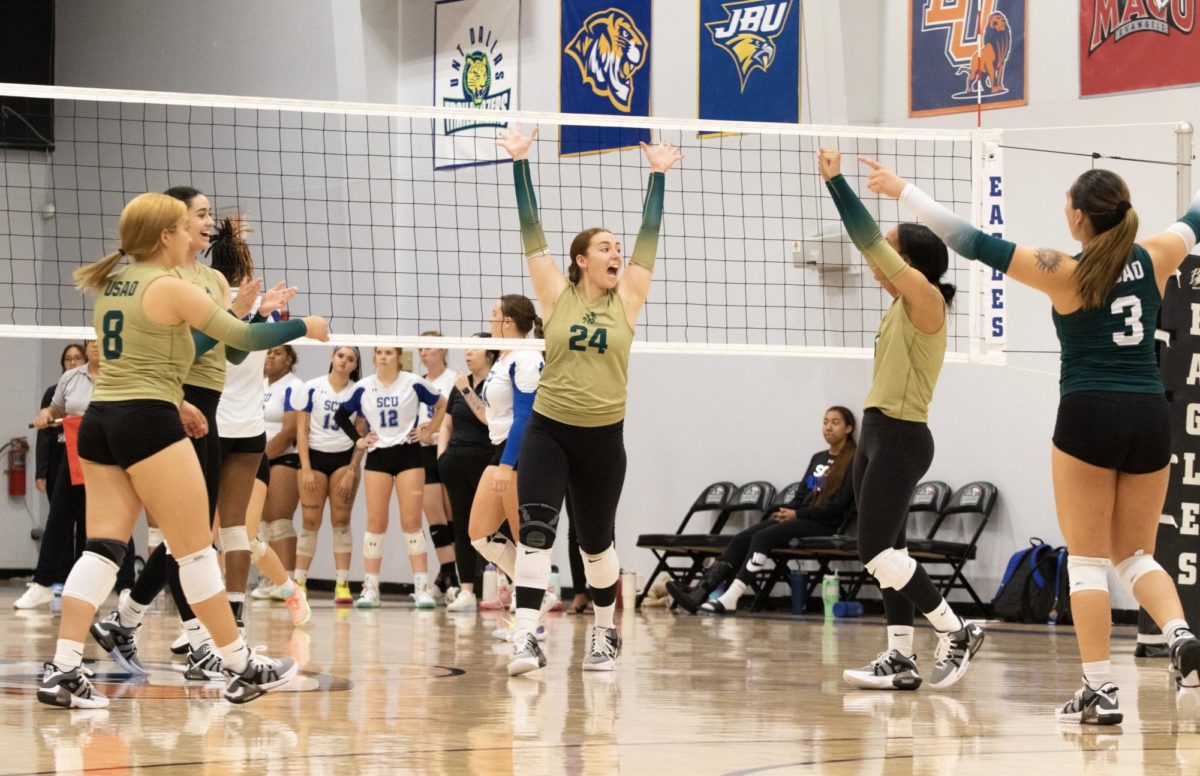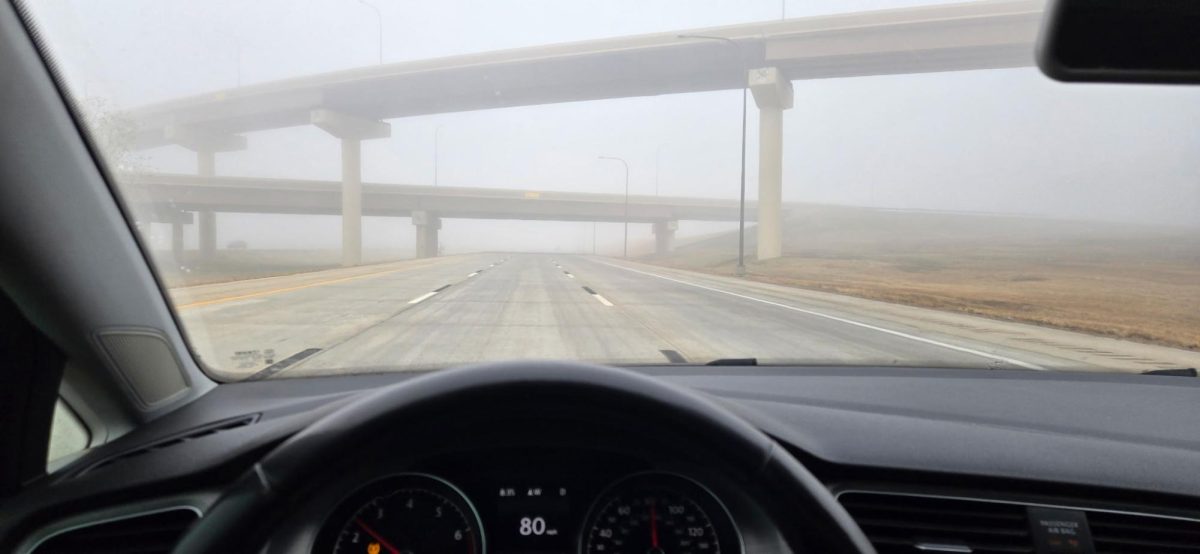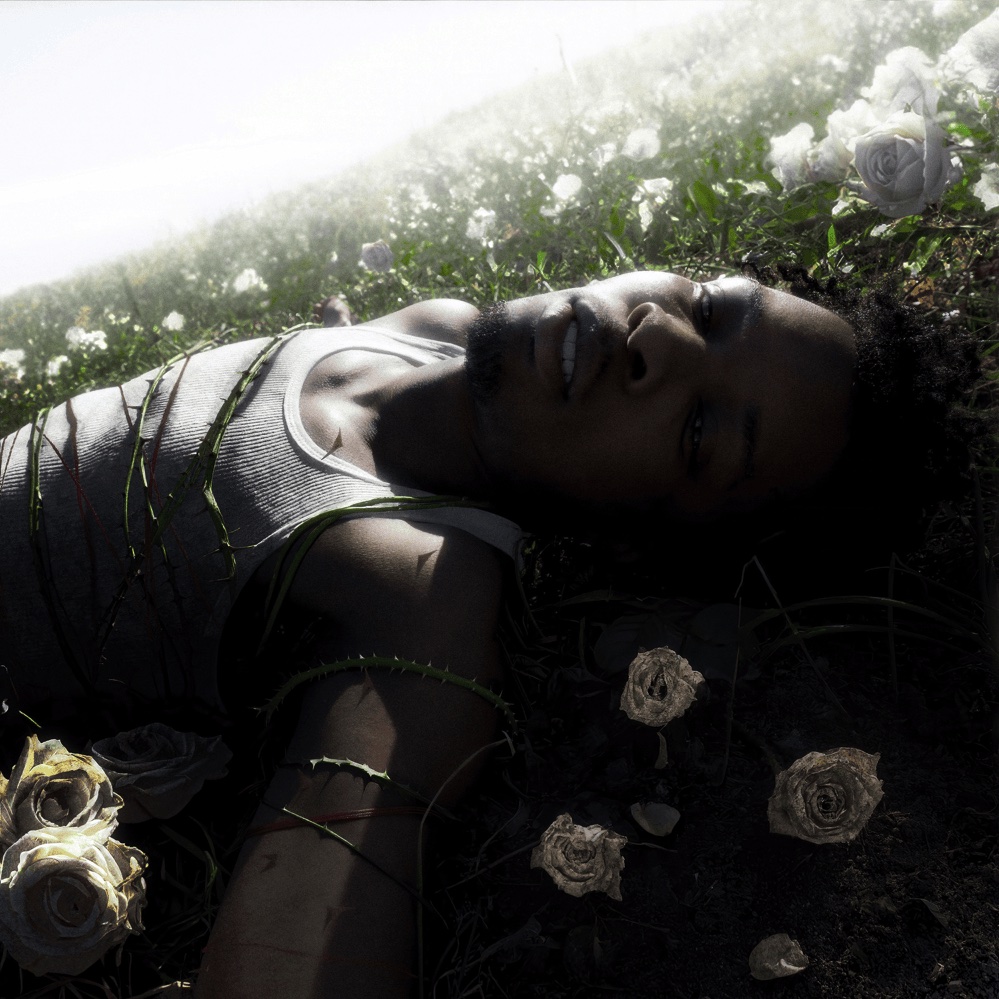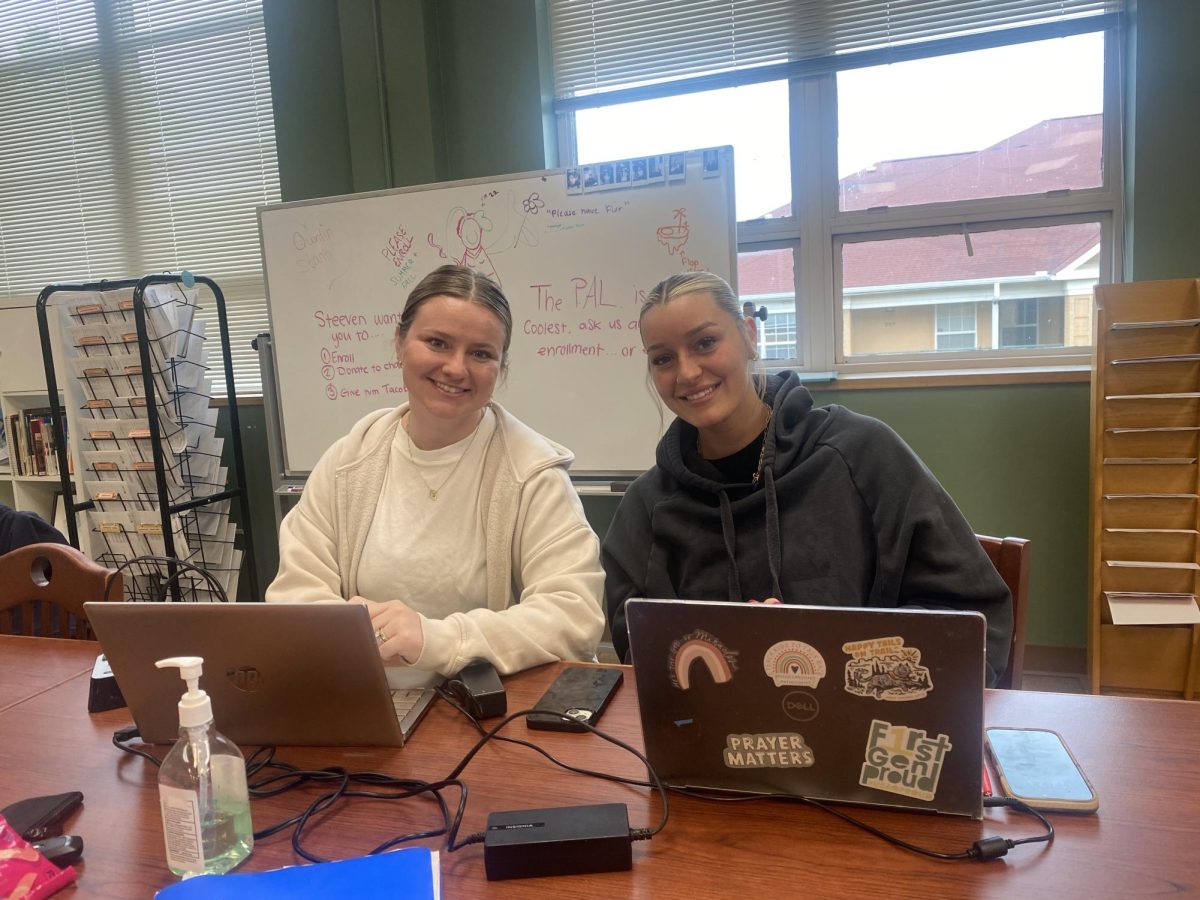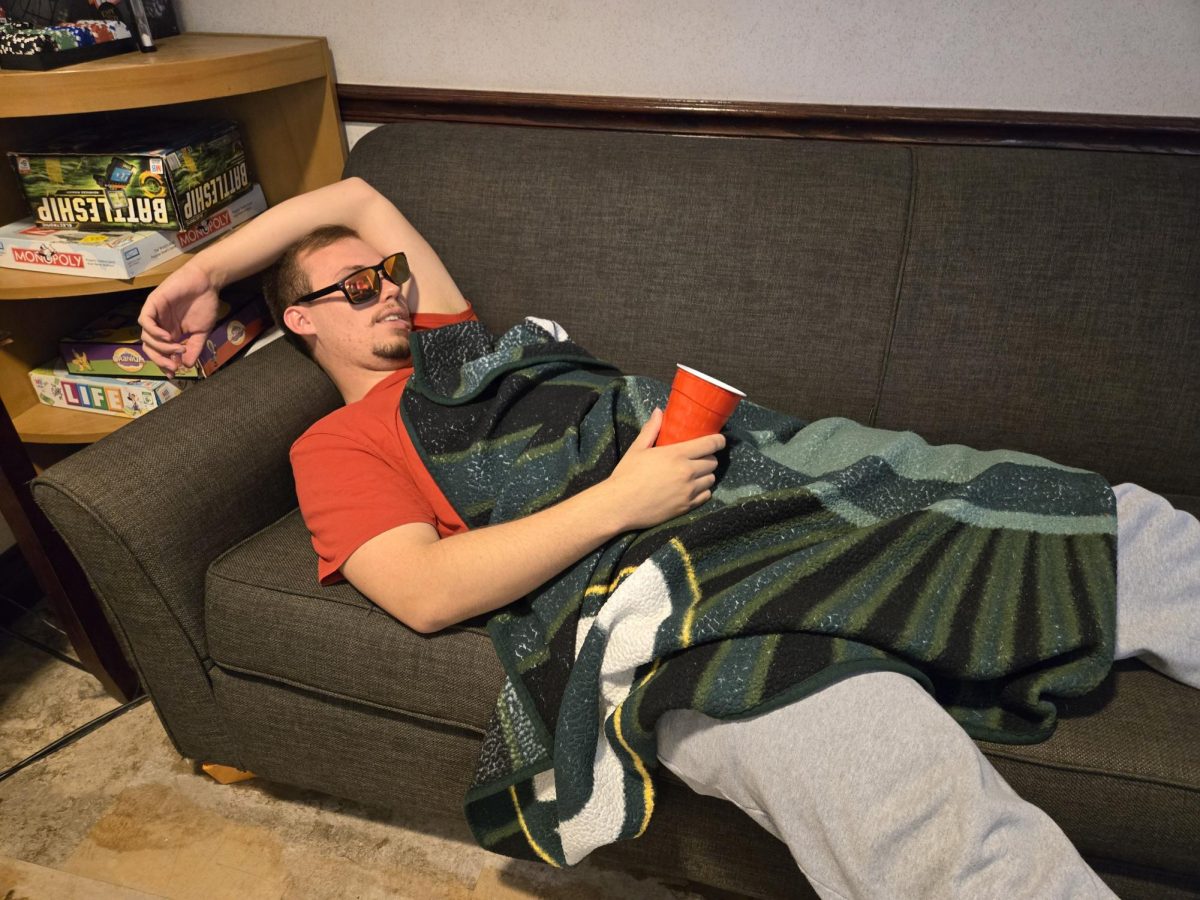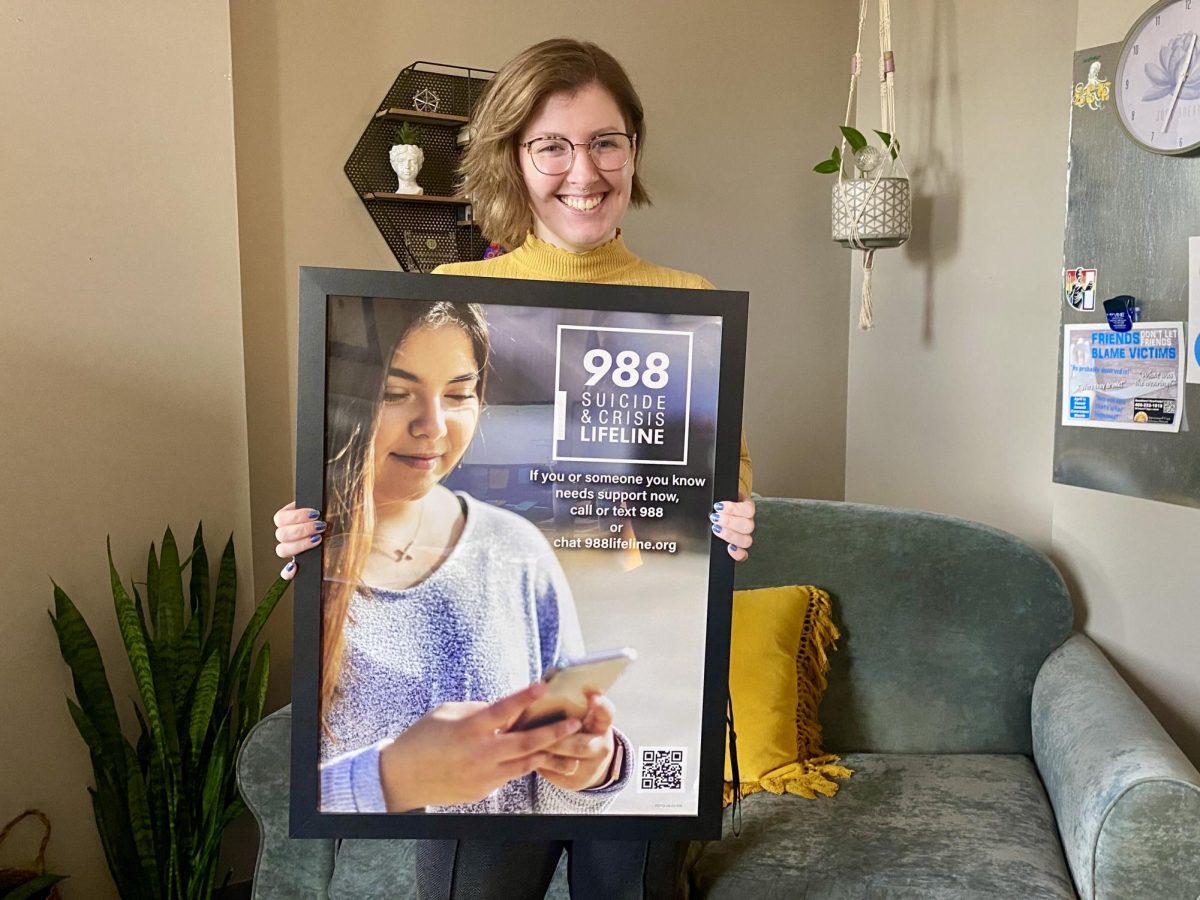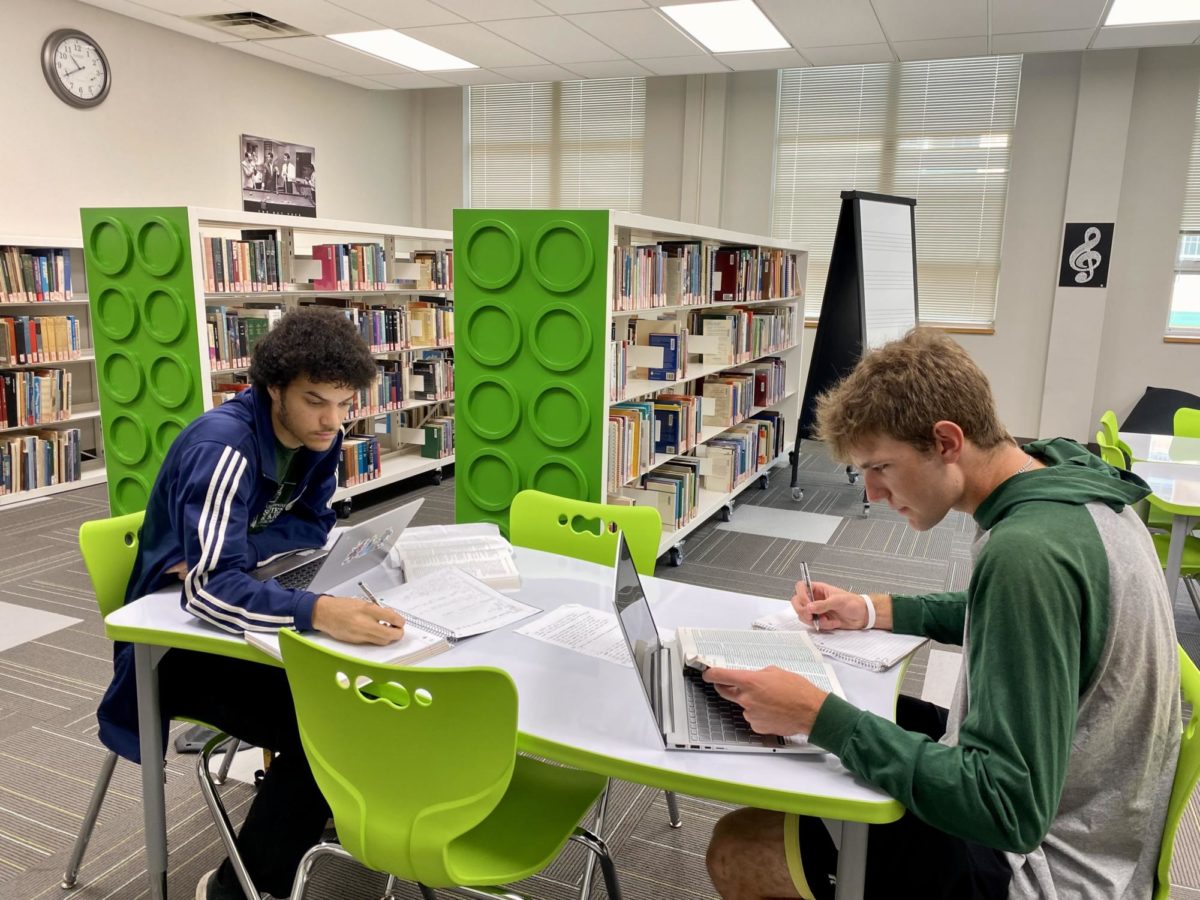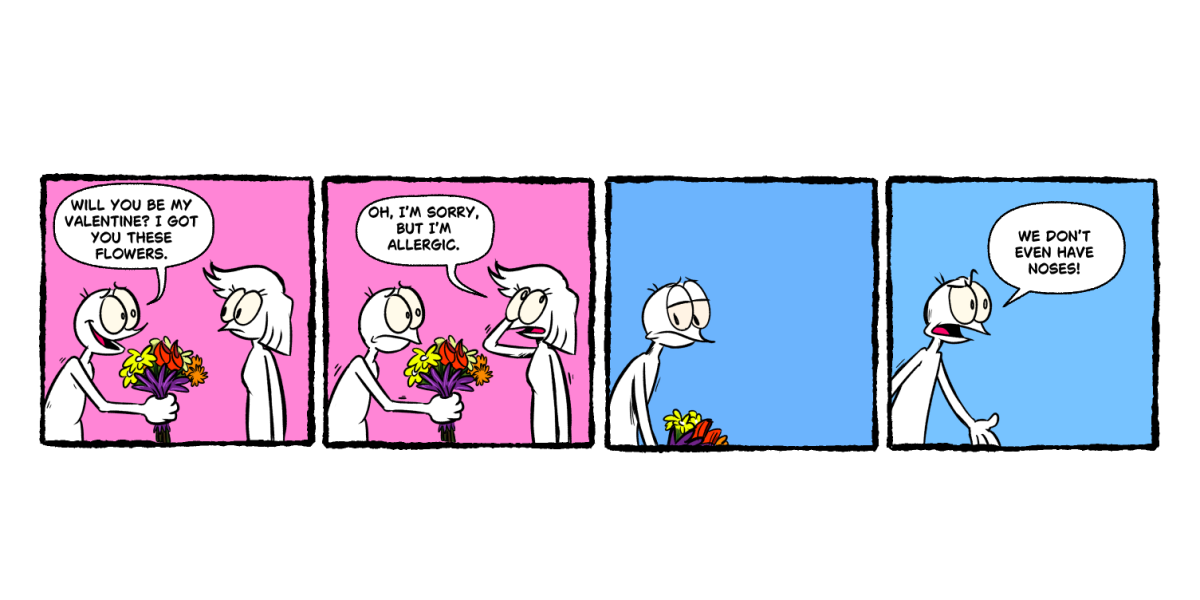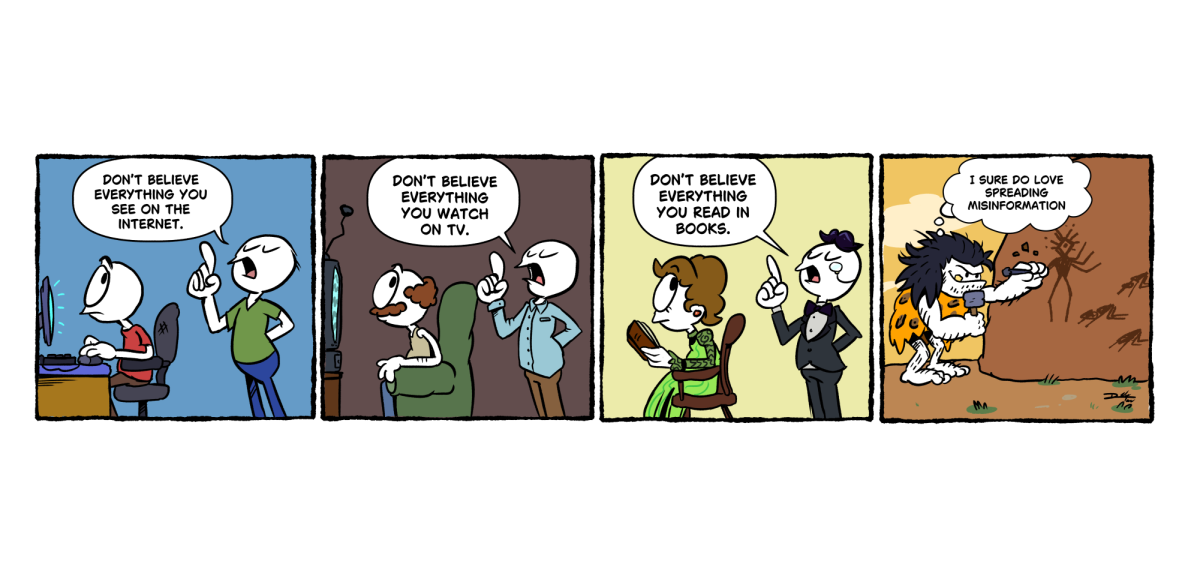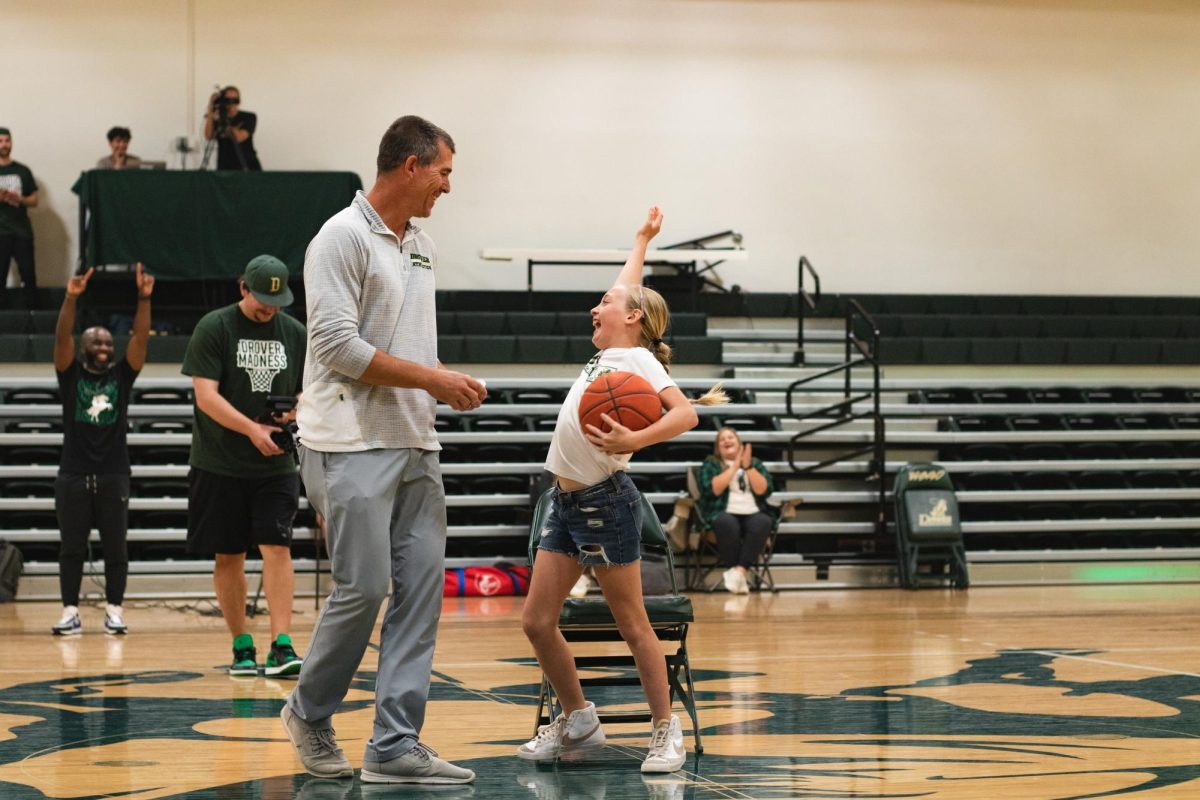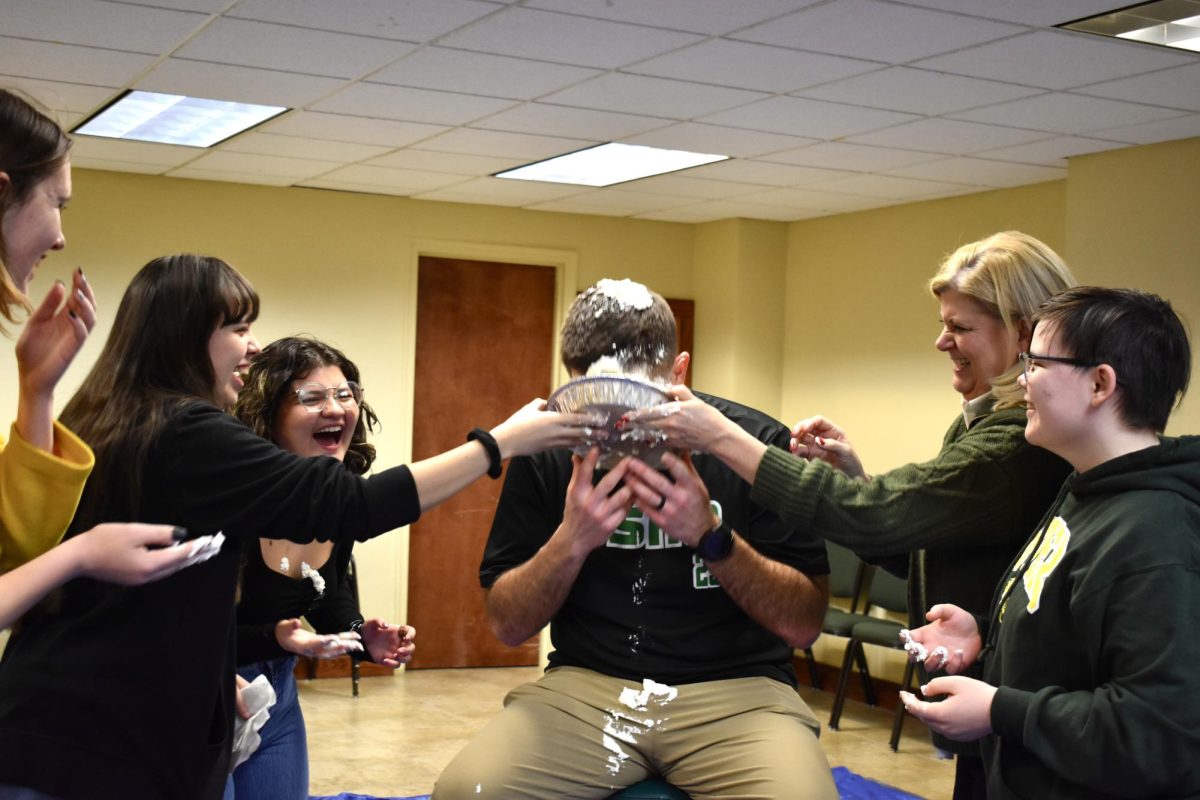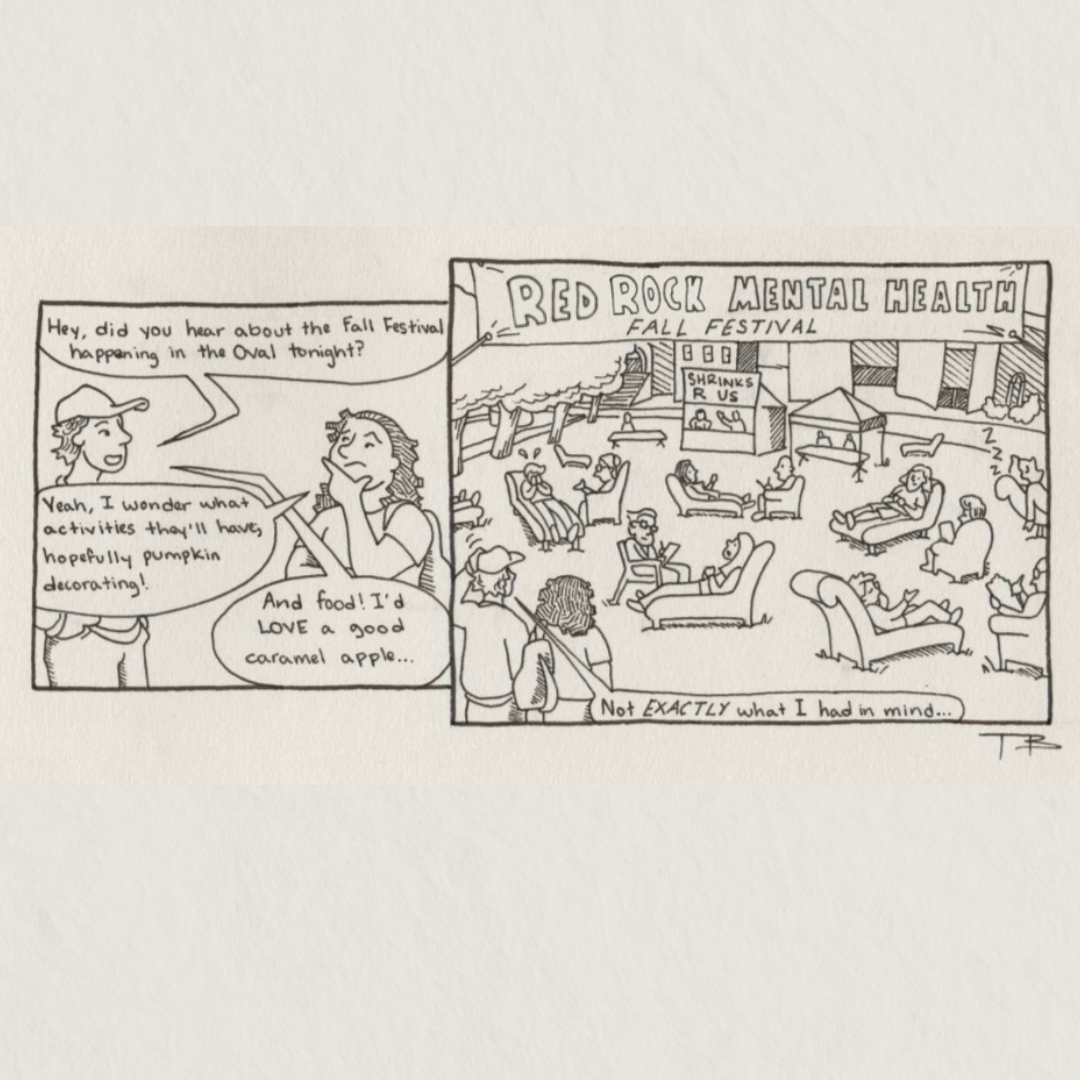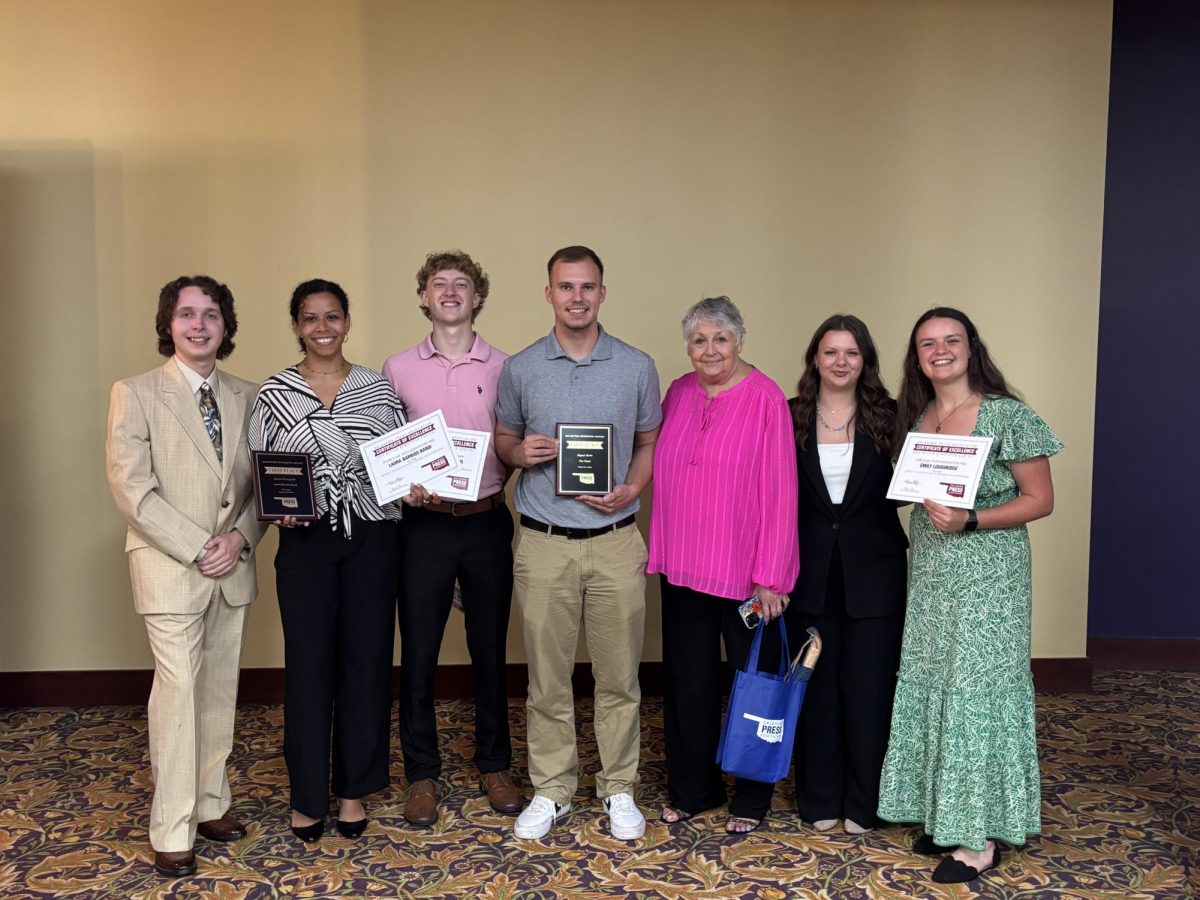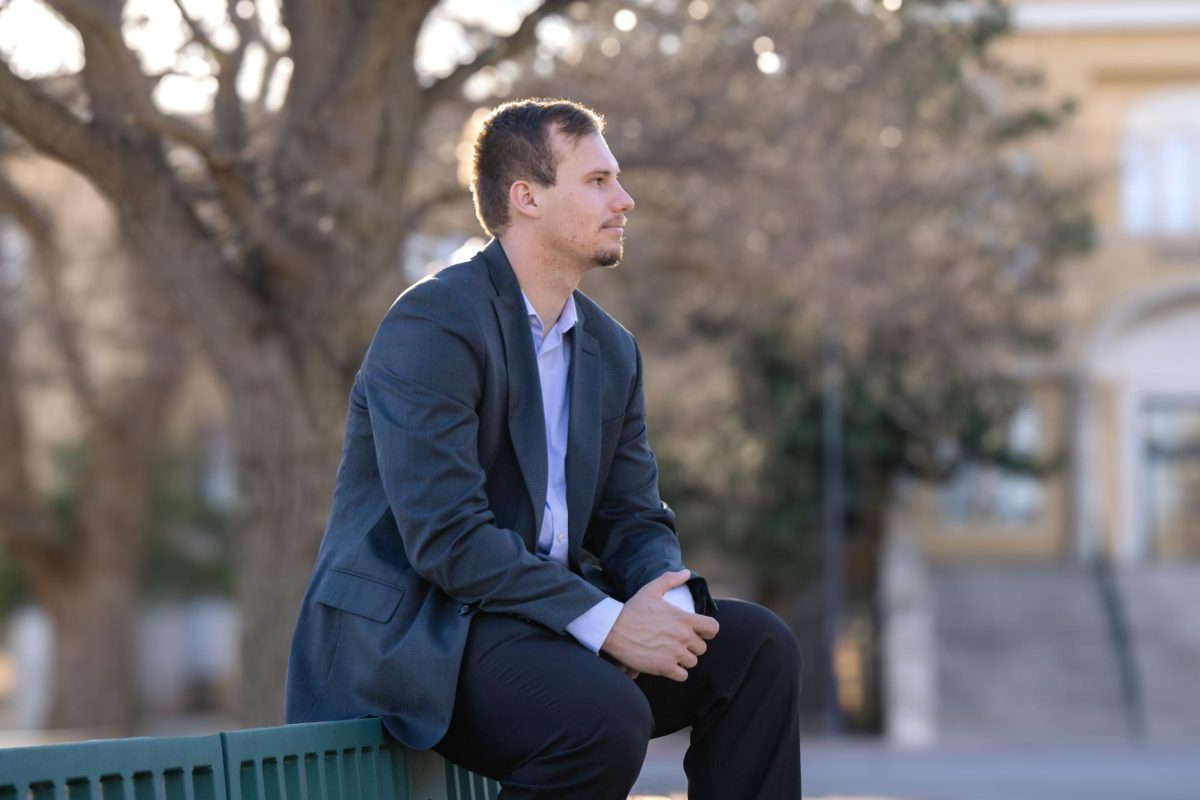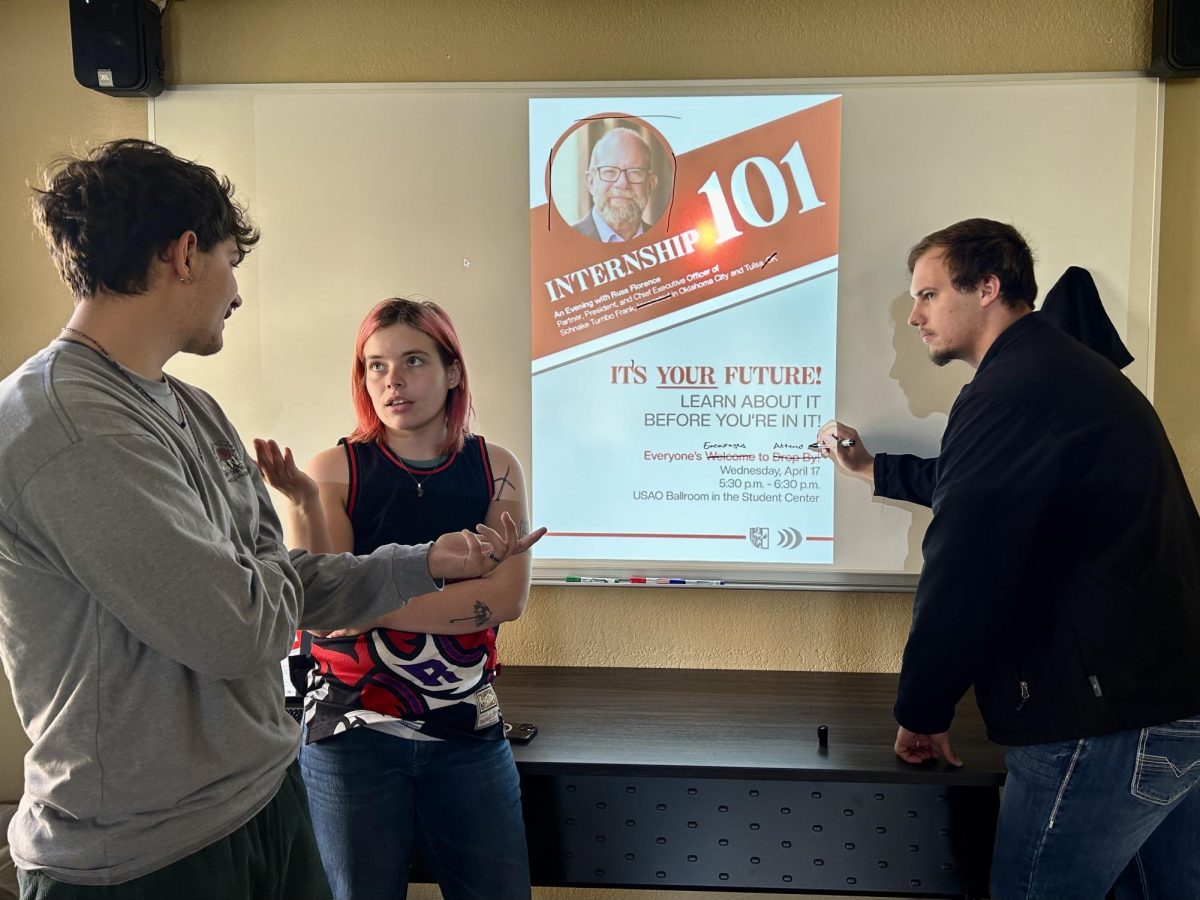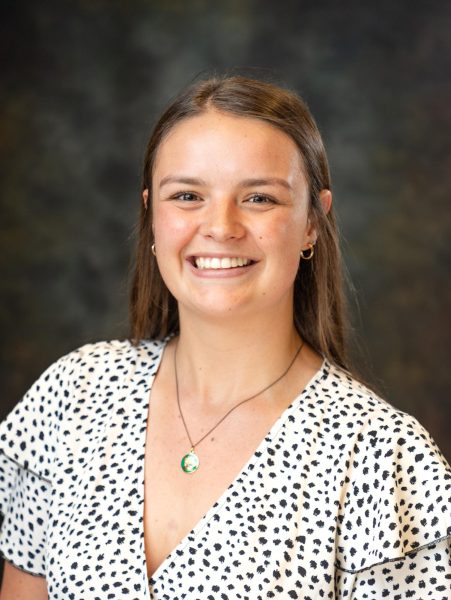The Communication Department offers a class titled Public Relations where students enrolled are tasked with creating, publicizing, and executing an event this spring. The class is offering an educational experience to all students on campus as they invite Russ Florence, a partner, president, and CEO of Schnake Turnbo Frank, a firm specializing in leadership development and public relations.
Florence will discuss internships, entry level jobs, and what comes next after college in an hour-long informational session called “Internship 101.” The event will be Wednesday, Apr. 17 from 5:30 p.m. to 6:30 p.m. in the USAO Ballroom. The PR class highly encourages students to attend and bring questions for Florence to answer, as he has over 20 years of experience in his field.
In preparation for the event, the PR class asked four divisional deans and five students to share how important they thought internships were.
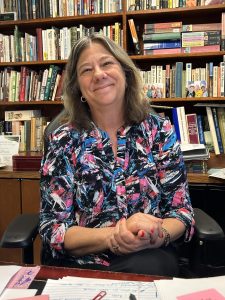 Dr. Brenda Brown, dean of IDS and Humanities
Dr. Brenda Brown, dean of IDS and Humanities
“I think internships are very important, as a public liberal arts college in Oklahoma, because we still suffer from the reality that a lot of people don’t know what liberal arts is or what it means. They don’t understand that most jobs – just take computer science – what you learn in the classroom will be obsolete in five years, but the ability to learn and relearn and use critical thinking and resee and re-envision – that’s going to be necessary for the rest of your career. So, the reason they’re so important is to combine that critical thinking that ephemeral and hard to touch with something. ‘What do you do with a liberal arts degree?’ Well, you can work at the Cowboy Hall of Fame, you can work for the film and music office in Oklahoma City, you can work for a little newspaper – you can do all kinds of things, and then you see ‘Oh, this is what a liberal arts person can do.” And also, it’s like when people ask, ‘What do you do with an English degree?’ The answer is everything. The internships are a way to indicate the breadth of that ability.”

Thomas Buchanan, sophomore art major
“I think internships are important. It really depends on what the student is looking for, and they can be really helpful with someone looking to get job experience in their field. If you’re looking for a job and you’re not getting any education in that field, it can be harder to find a job that way, but internships are kind of that link between I’m pursuing this career, and I’m working on the education part right now, but I want to get some job experience – and that can help employers know if you’re serious or not. They’re important for that reason. It can be really helpful if the university that you’re with helps you link you to those internships. It can be kind of hard if you’re on your own looking for internships and on that job search, but it’s what you have to do.”
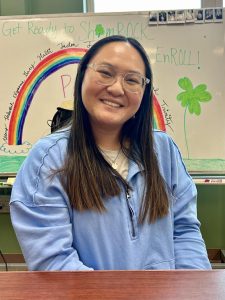
Halli Humphrey, senior sociology and economics major
“I think internships are important because they give you real life experience with whatever field of study that you’re interested in.”

Dr. Rachel Jones, dean of Science and Physical Education
“Internships for certain programs can be very important because they are one of many different forms of applied learning that students need, right? So, there’s this perception that in higher education students are only getting classroom education. But you being here in my office is a perfect demonstration where doing the job that you are being educated for is incredibly useful in the learning experience, because you’re gaining the skills alongside the content and the understanding of why you would do things in certain ways.”
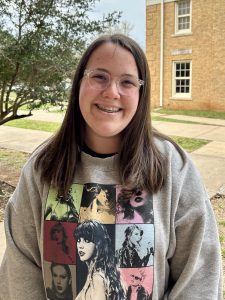
Elyanne Kenney, junior psychology major
“Yes, I do. Because they give you important experiences for your future jobs that you wouldn’t have gotten otherwise had you not had the internship. You can gain experience to get said job by utilizing an internship that the employer can then know that you know what you are doing before they give you the job.”
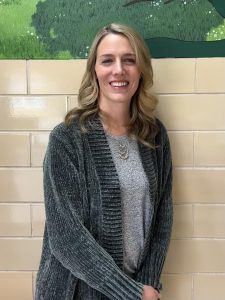
Dr. Sarah Layman, dean of Education and Speech-Language Pathology
“We absolutely think internships are important. We’ve been doing them for our departments for a long time because our future teachers have their student teaching semester, where they have a full internship semester where they’re working with their mentor teacher. That’s experience that is real life with real kids every day for a semester long. We can’t substitute that learning experience that you get with the real kids in the classroom. And then our speech path majors get experiences in the John Morris Speech Clinic – same thing, it’s real life experience that they’re going to have for their future job.”
 Caleb Smith, senior biology major
Caleb Smith, senior biology major
“Internships are a valuable way to gauge your interest in a future job or career path, and it’s a way that you can get your foot in the door at particular companies. So, in that way they are positive and important, and some are necessary. Now, in my experience because I started college around covid I didn’t know that internships were even a possibility, like that’s something that didn’t even enter my mind, and no one ever told me to look into – and I don’t think they existed during the covid period. So, I didn’t get to benefit from an internship when now I see lots of opportunities that I would’ve instantly signed up for and hoped to have done. I feel like I missed out on a lot of opportunities to learn more about myself because I didn’t have internship opportunities presented to me. But I guess what I’m also saying is that internships aren’t necessarily the only way. There’s a chance that simple jobs also fill the role of the internships, so it doesn’t necessarily have to be labeled internships.”
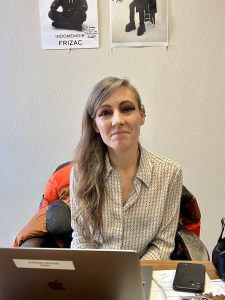
Jordan Vinyard, dean of Visual and Performing Arts
“Yes, I do think they’re important. I’m a big fan of any kind of experiential learning that we can facilitate for students. I would like to see that continuing to increase for our college community. The students that I have had go through that process have seemed to really benefit from it. So, yeah, I’m pro.”
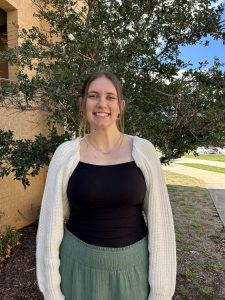
Bella Wilson, junior business administration major
“I think they’re really important because there’s only so much you can learn in the classroom and from a book. I feel like having the actual experience of being there, even if you’re just observing somebody doing the practice, it’s super beneficial, because it’s hands-on and you can really get a feel for what the specific field you’re in is going to be like and decide from there if this is something I want to pursue or do I kind of want to go in a slightly different route, stuff like that. So, I think they’re super, super important.”
Emily Loughridge is a third-year communication major at the University of Science and Arts of Oklahoma.



